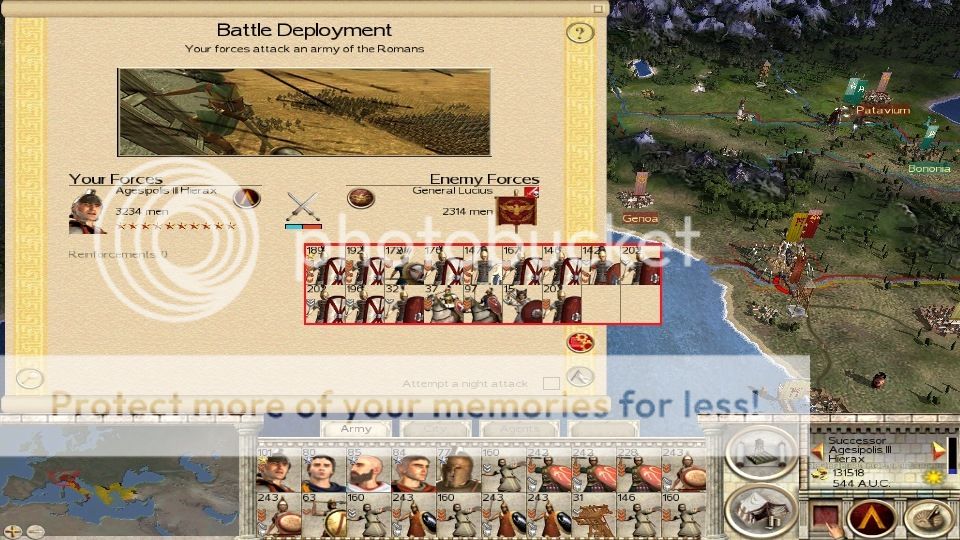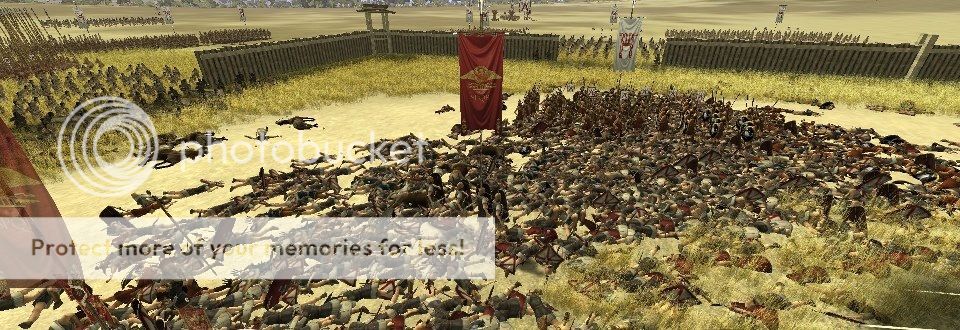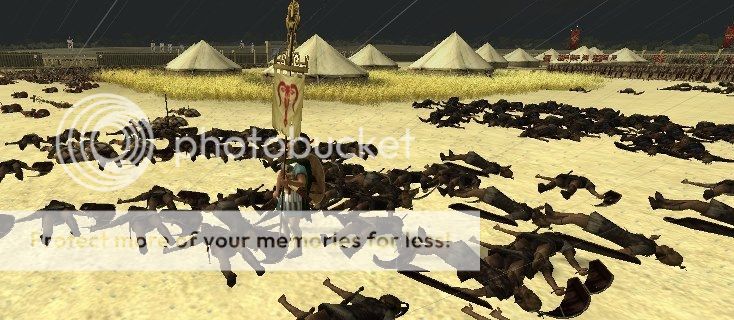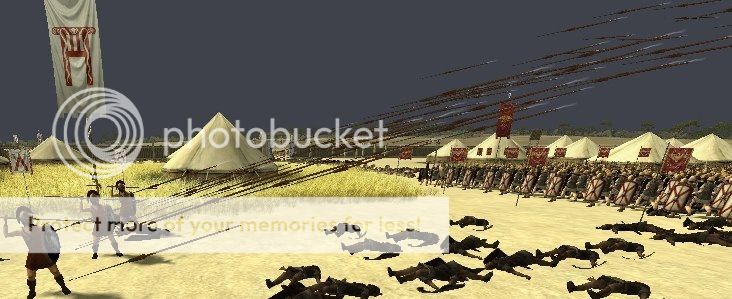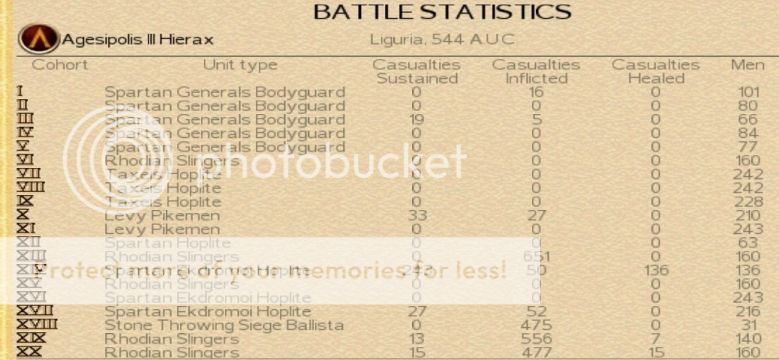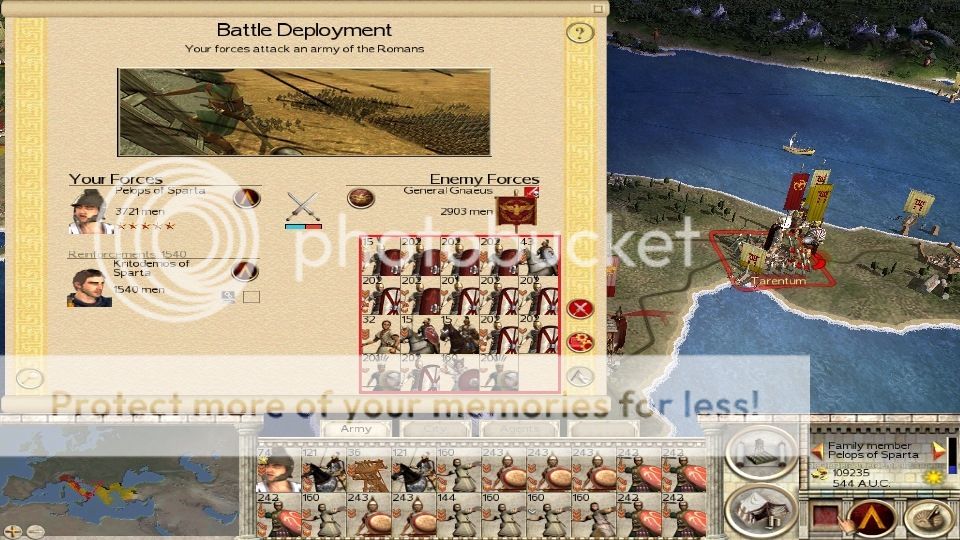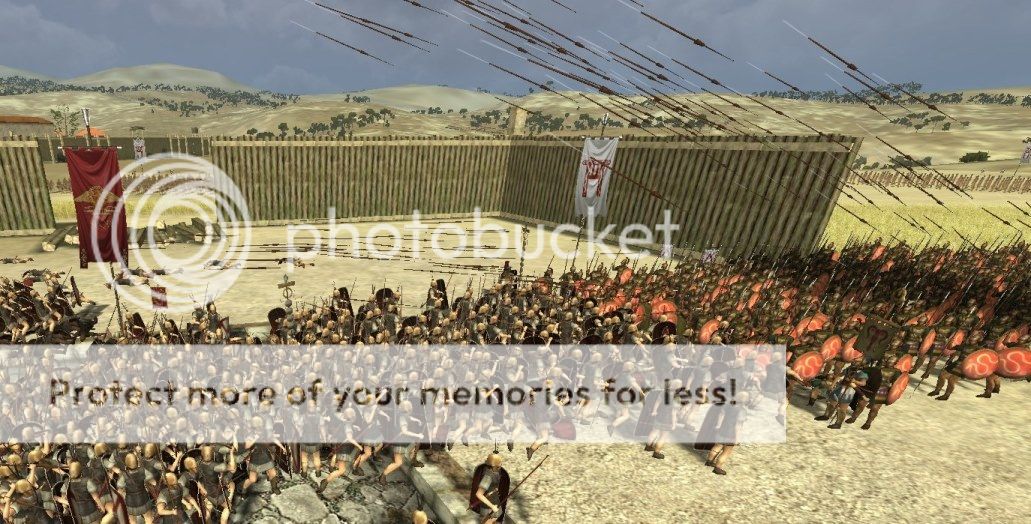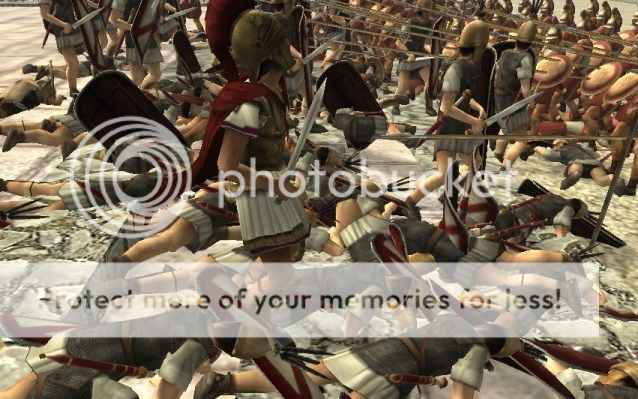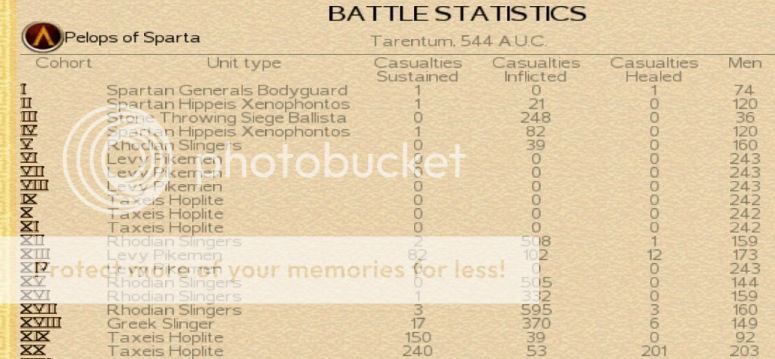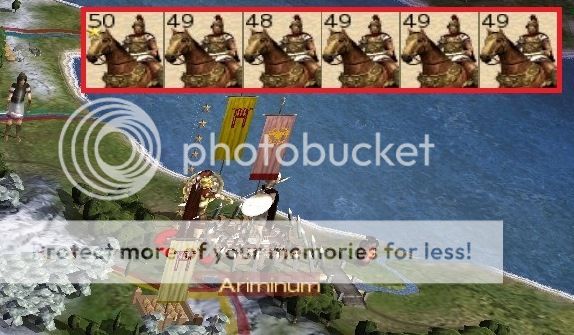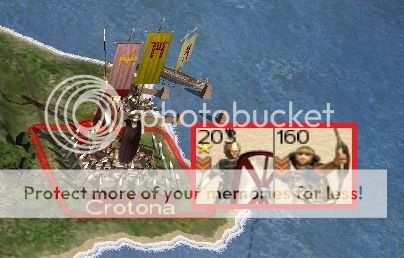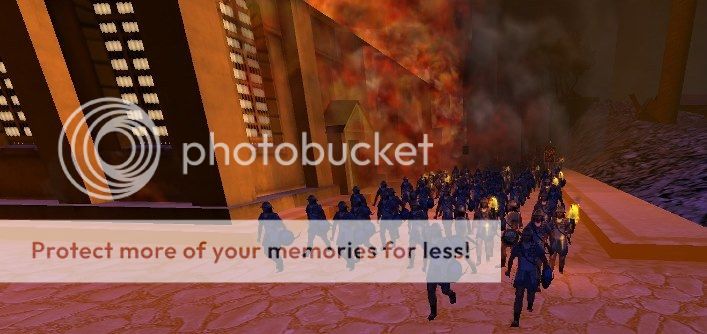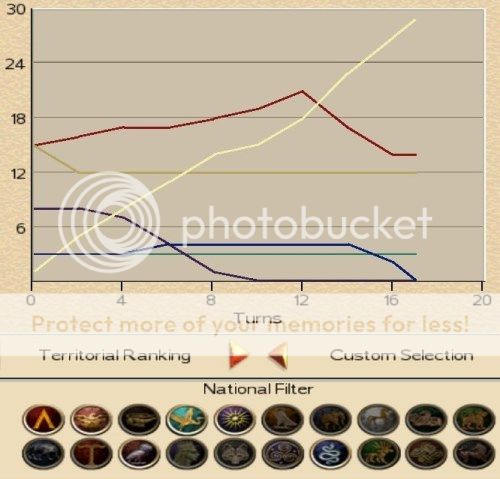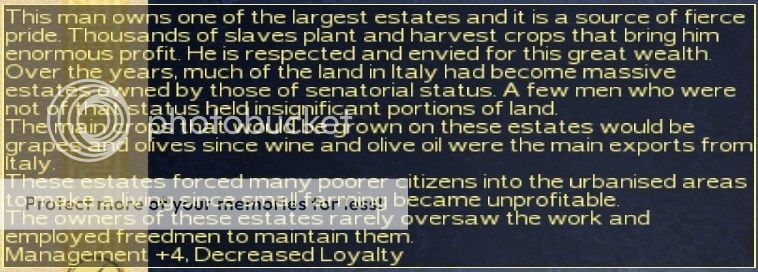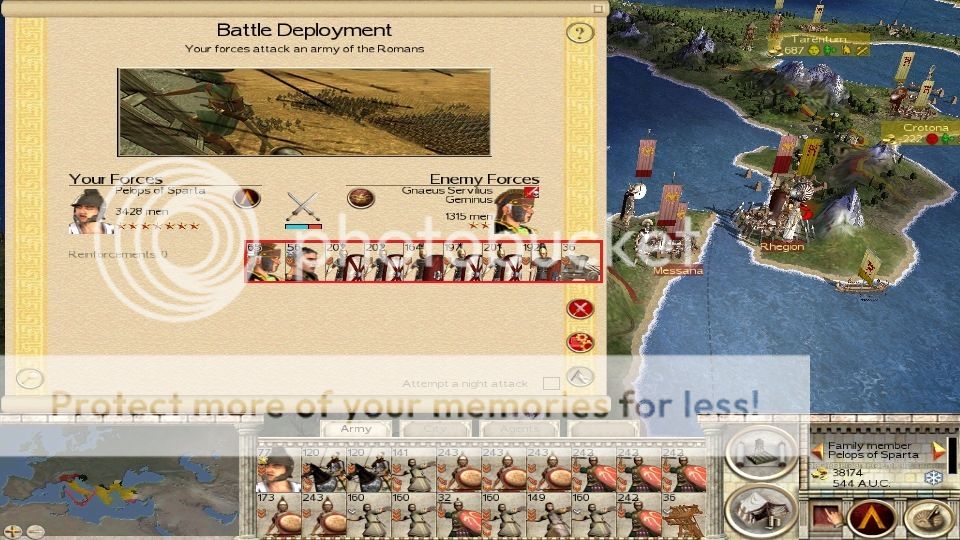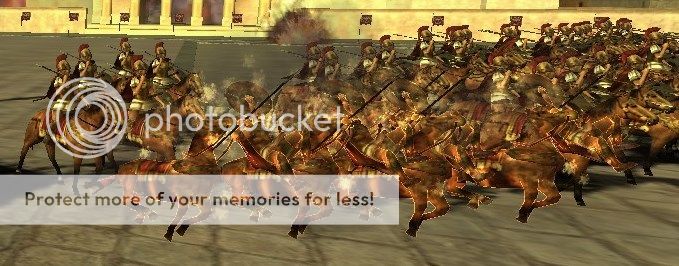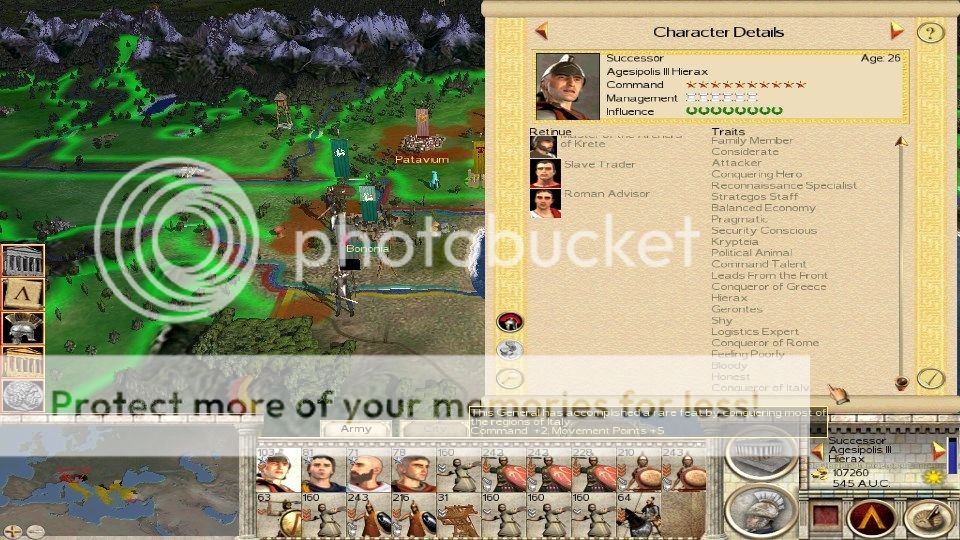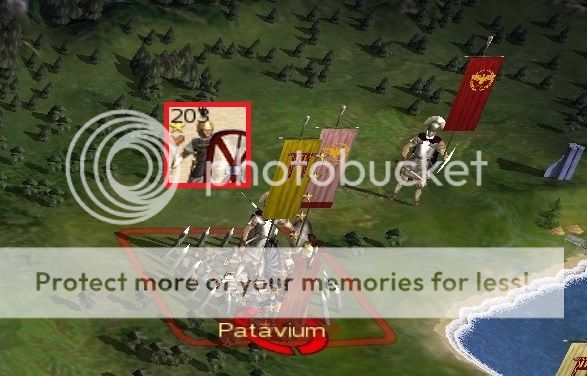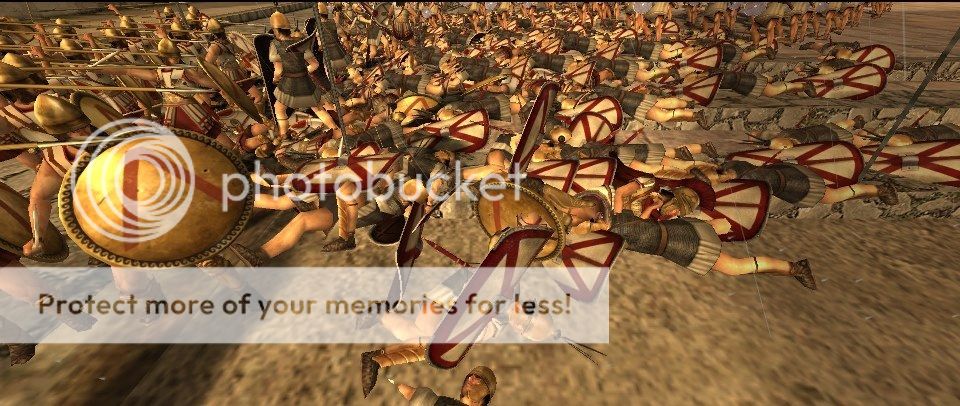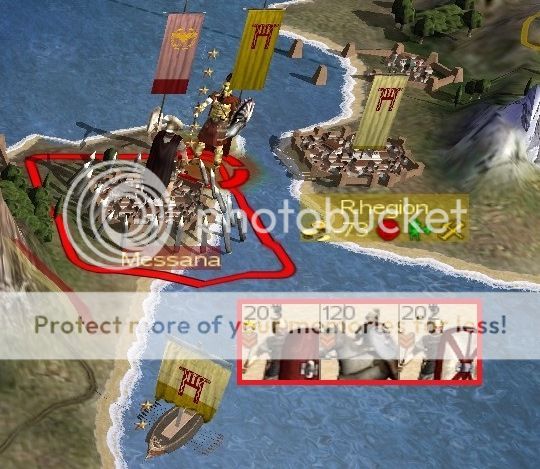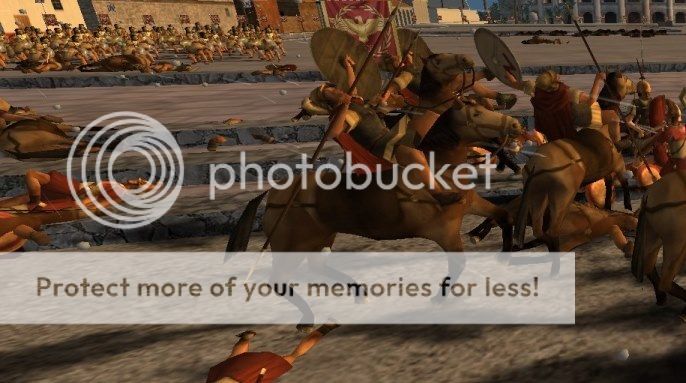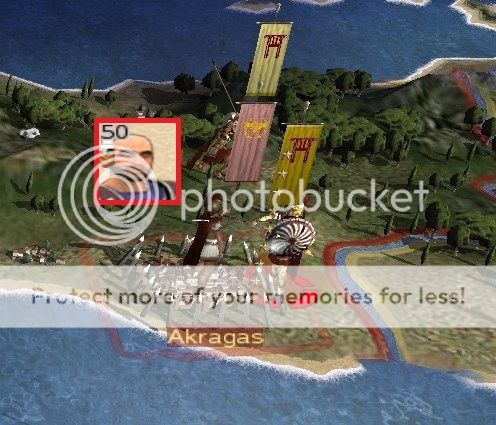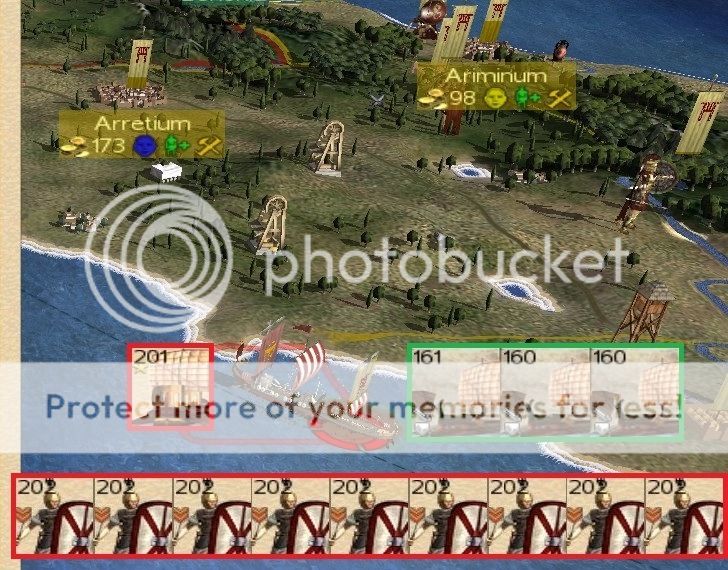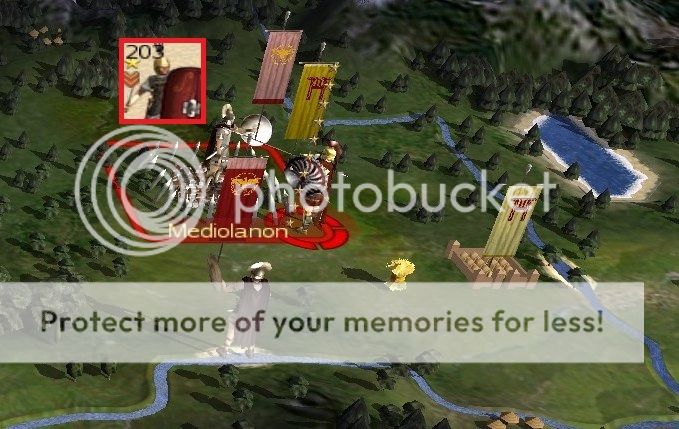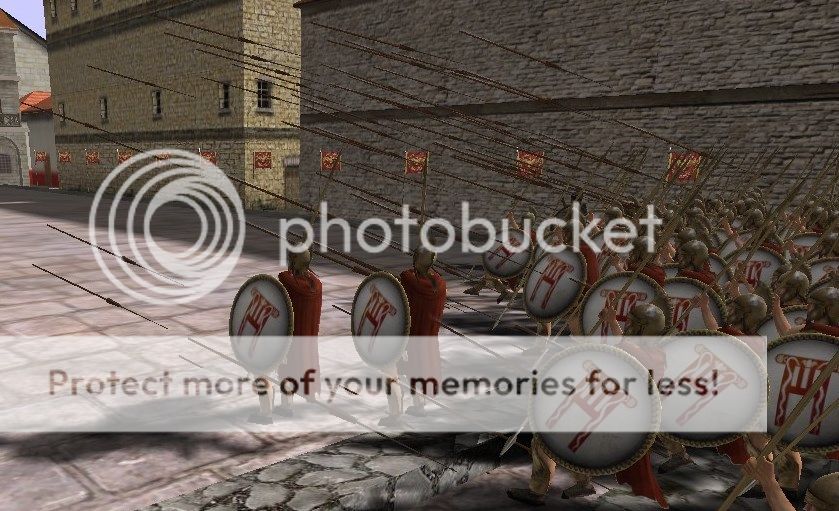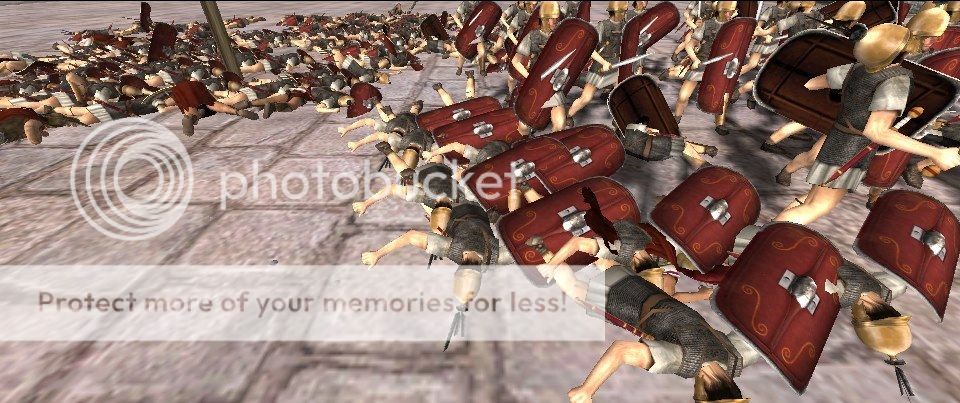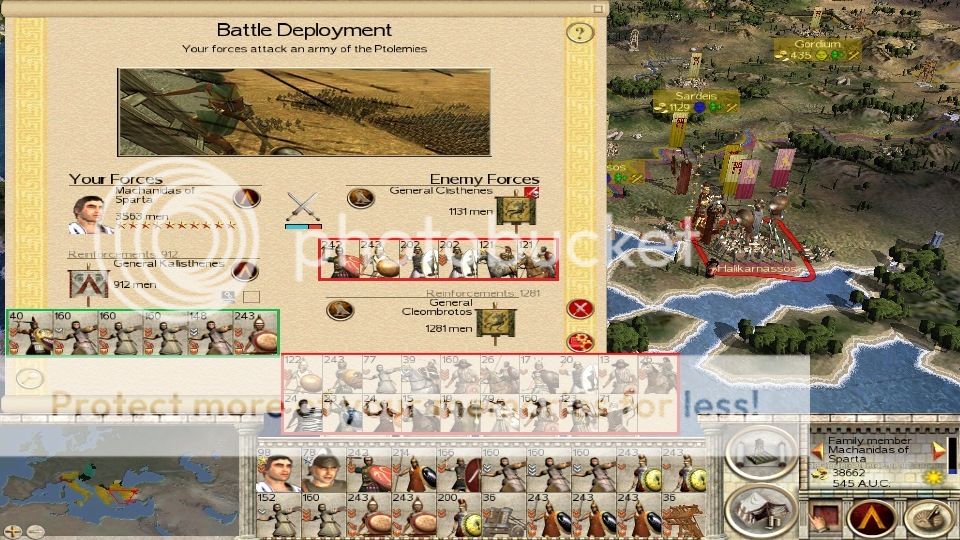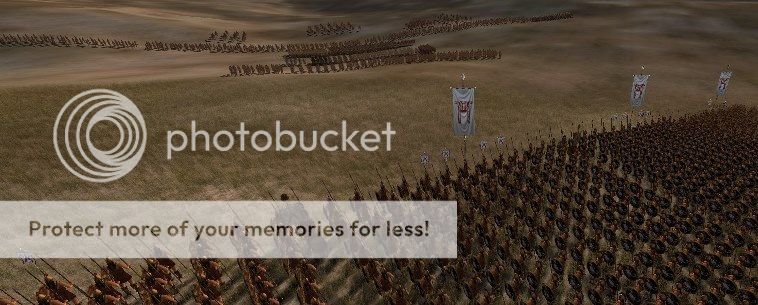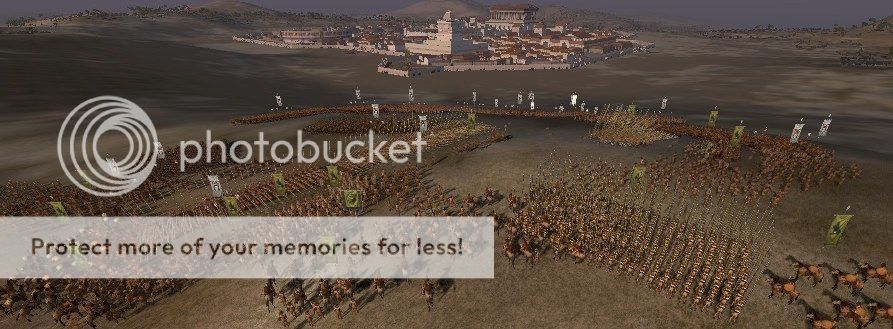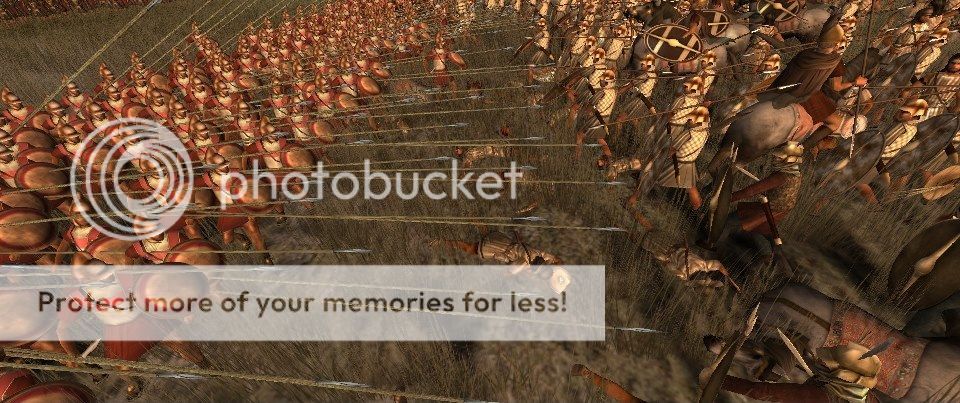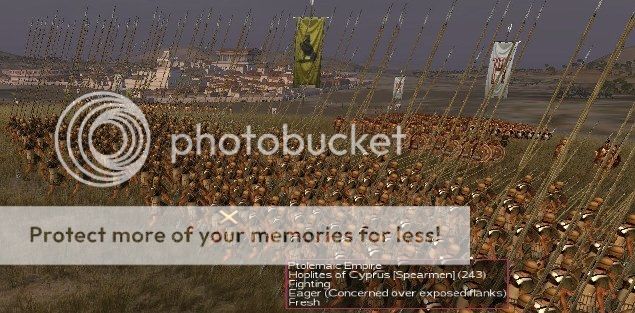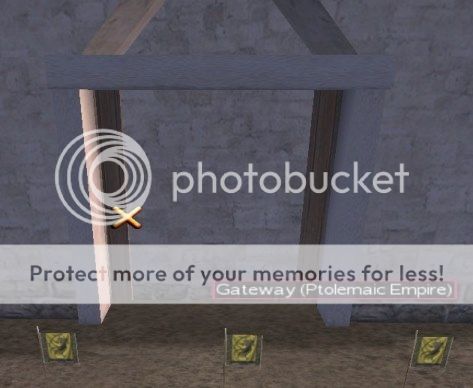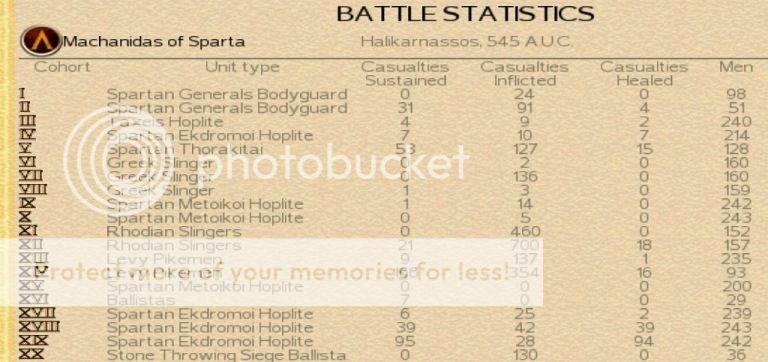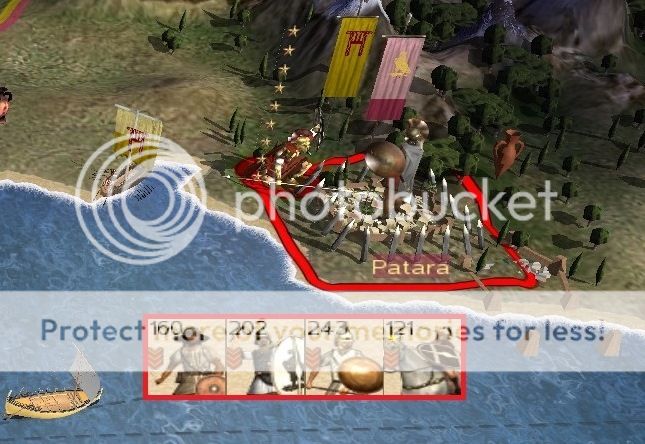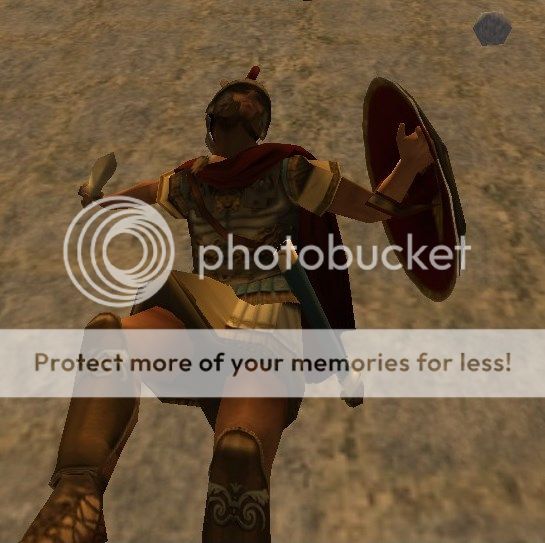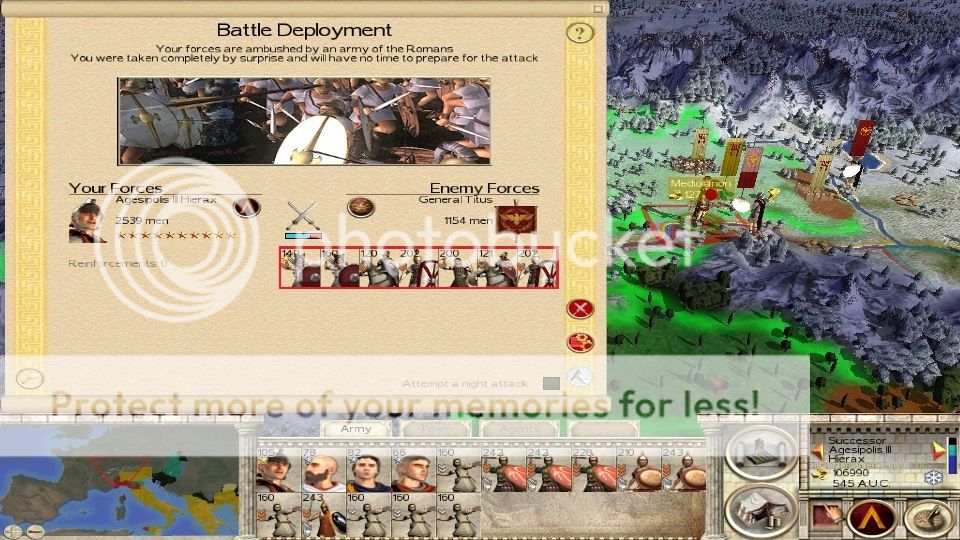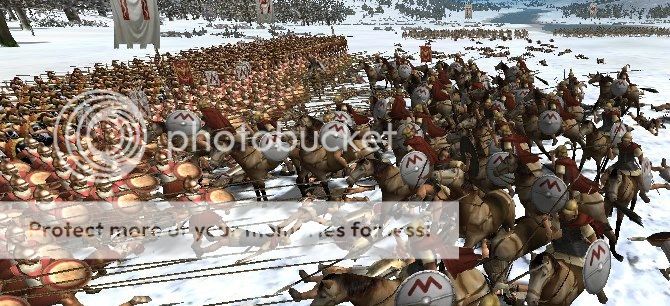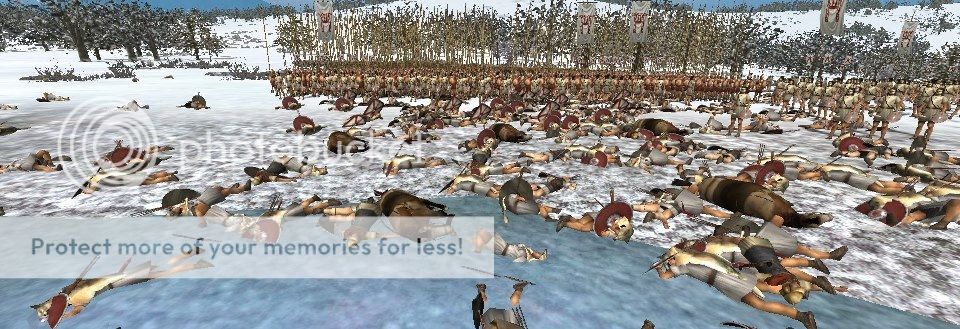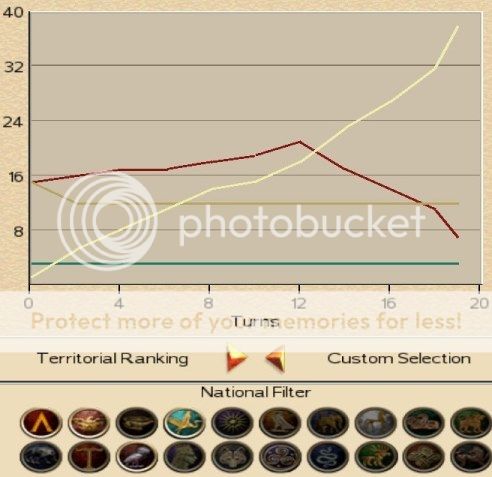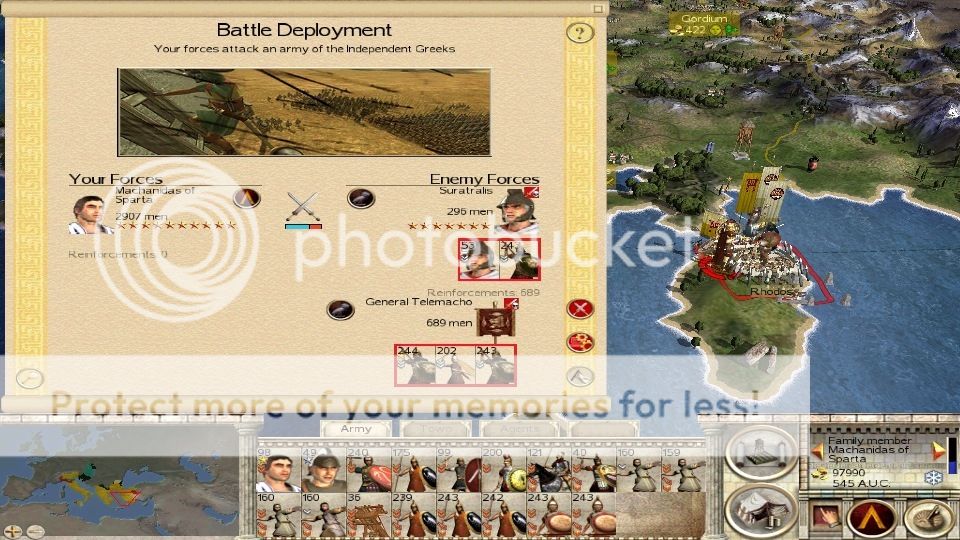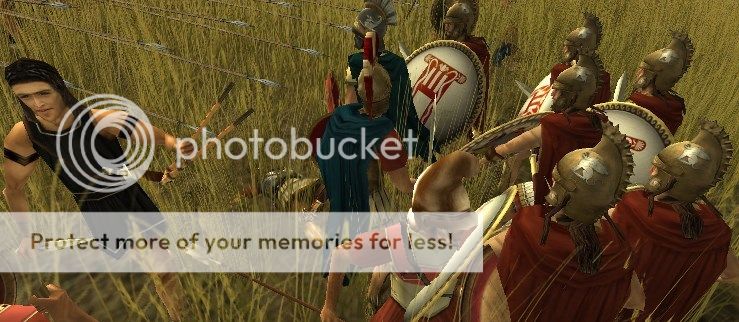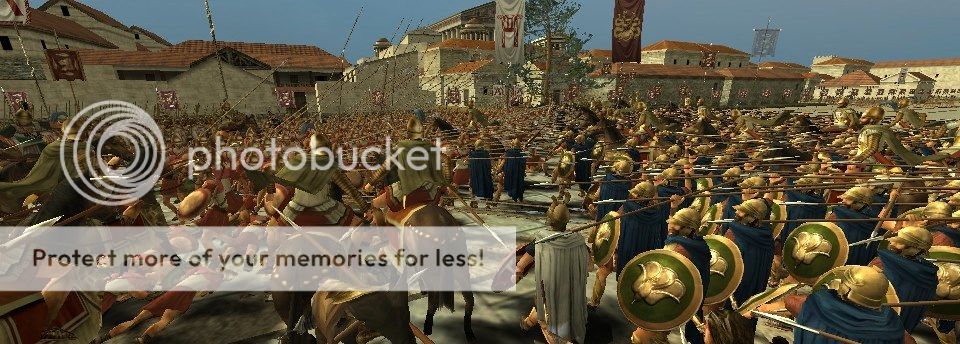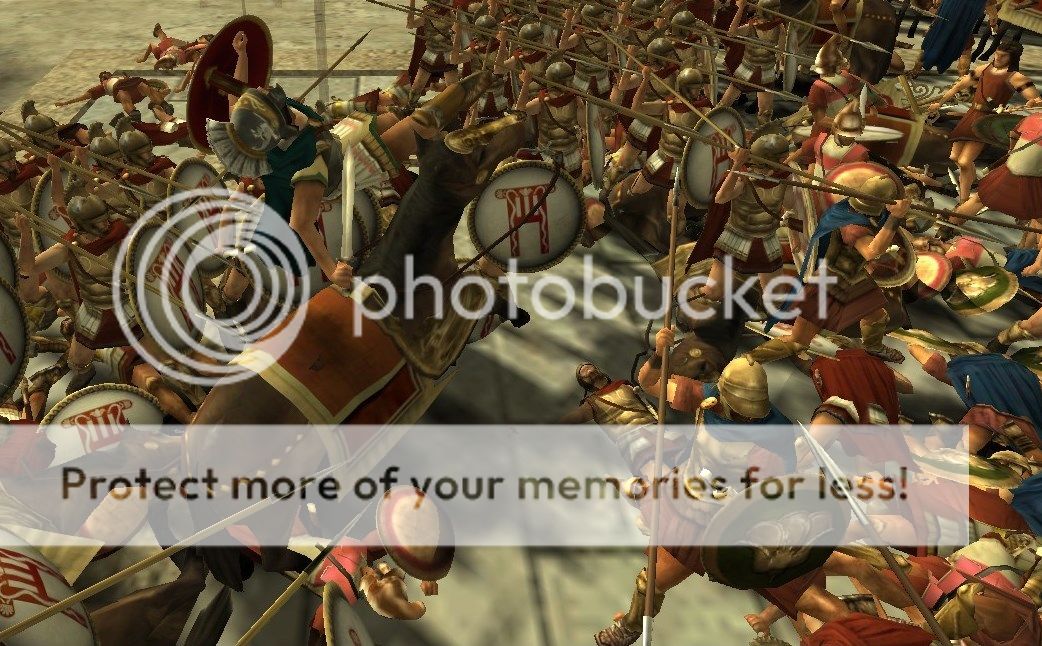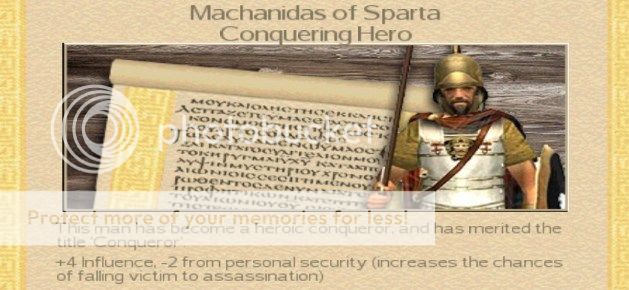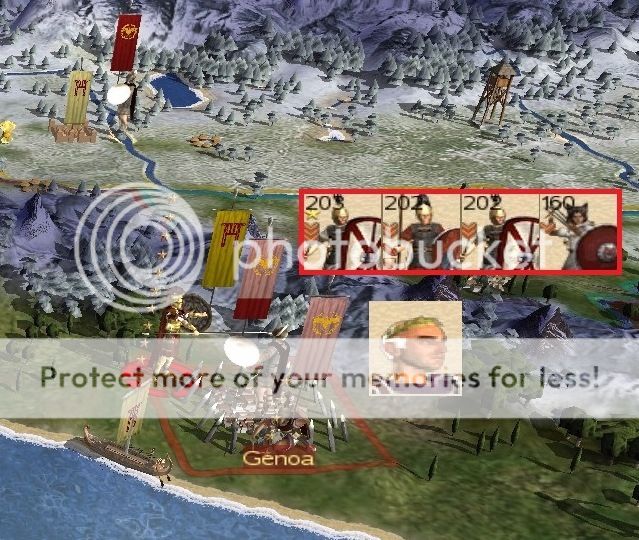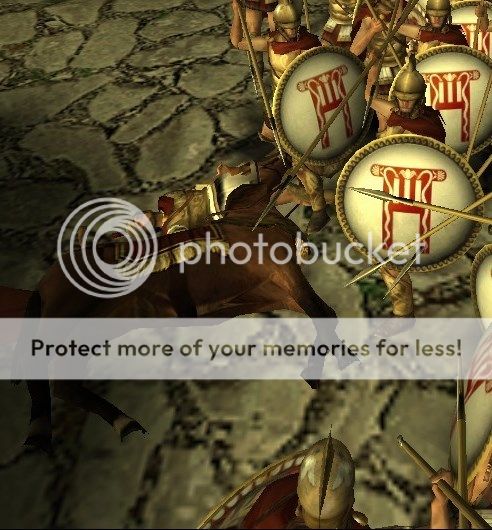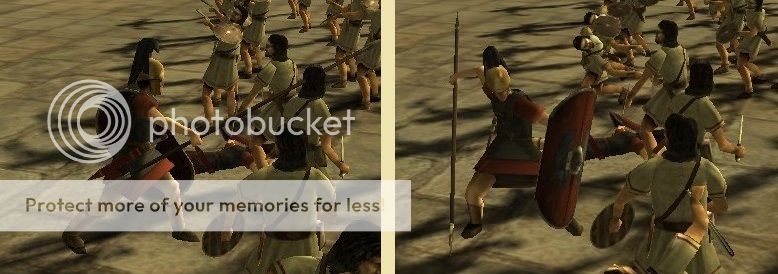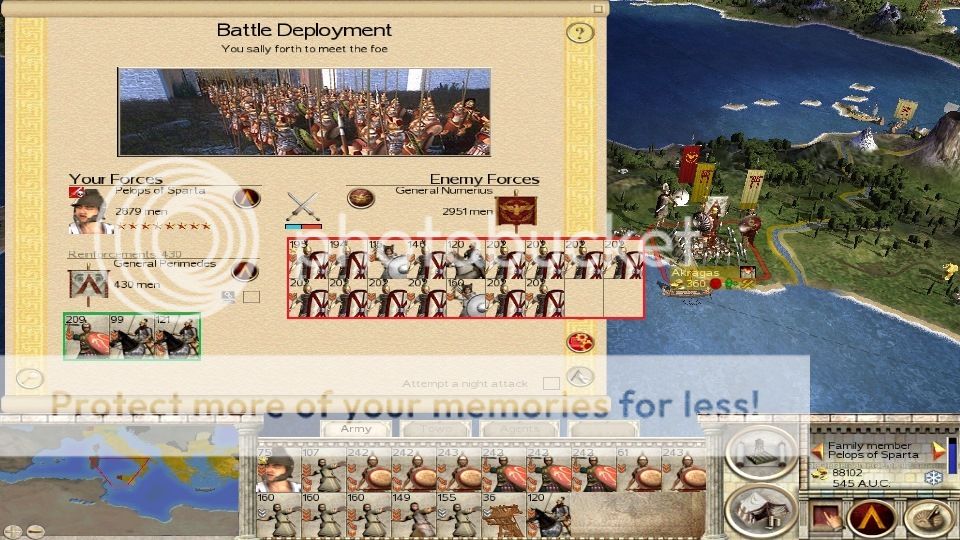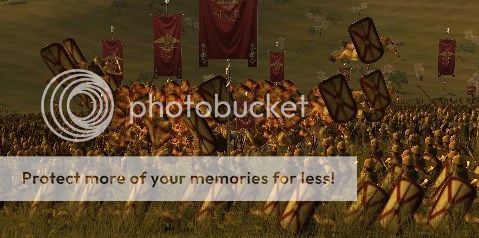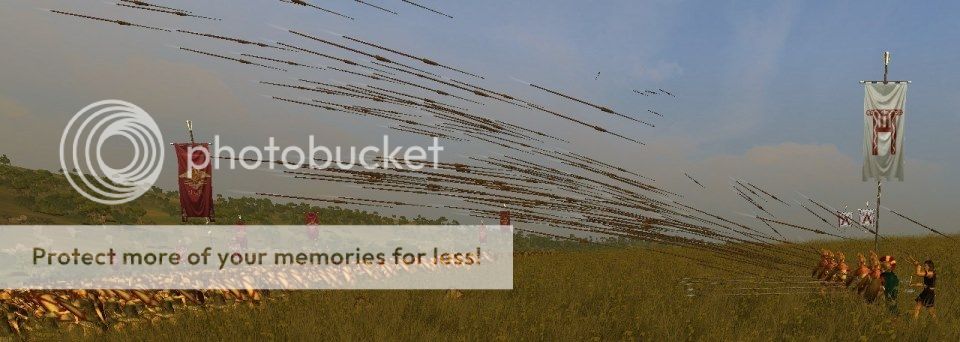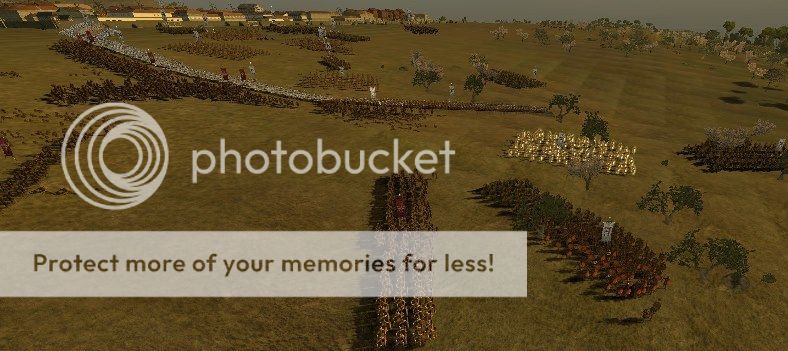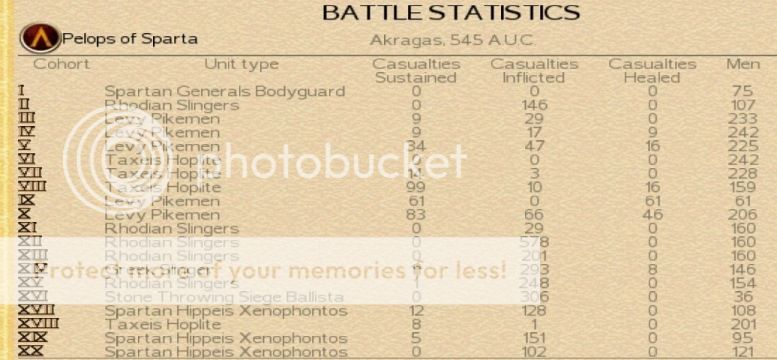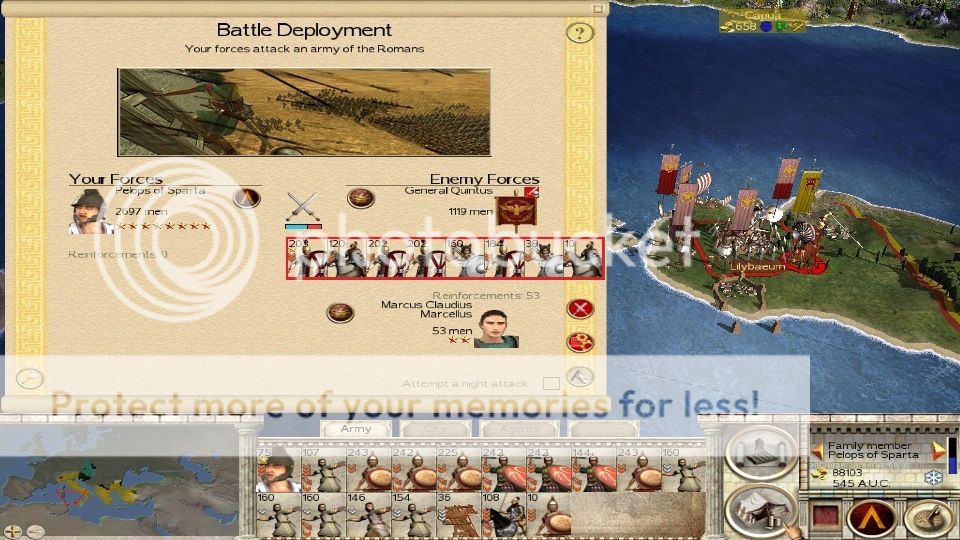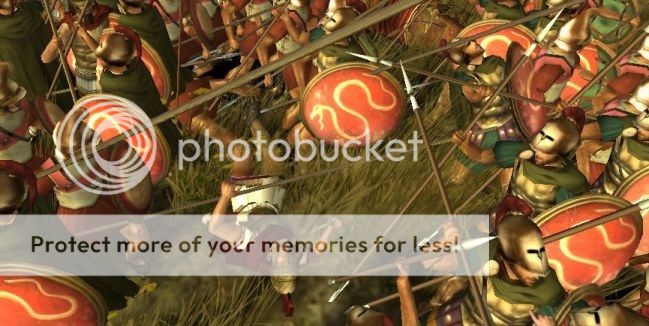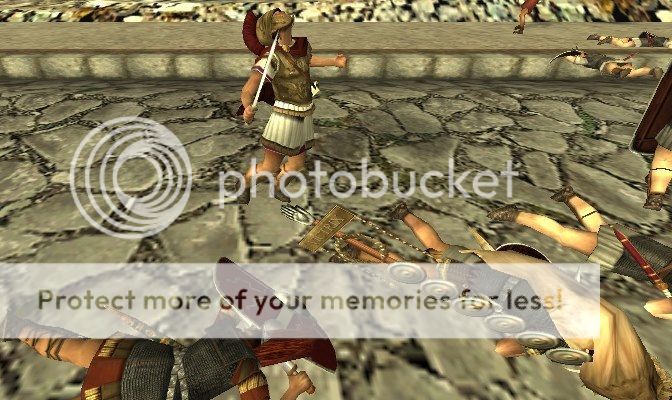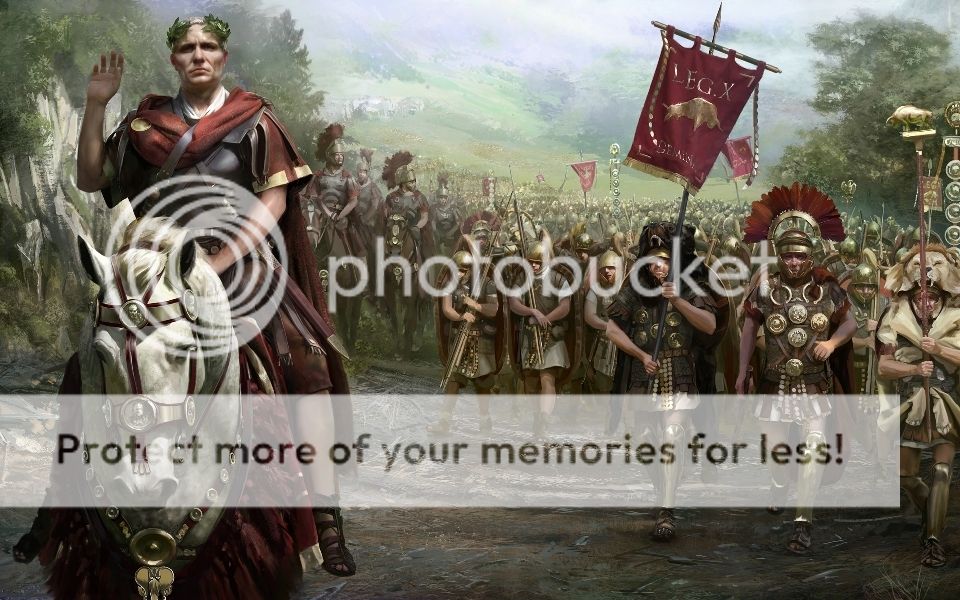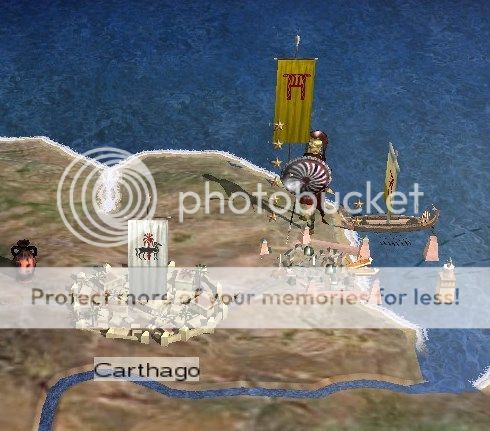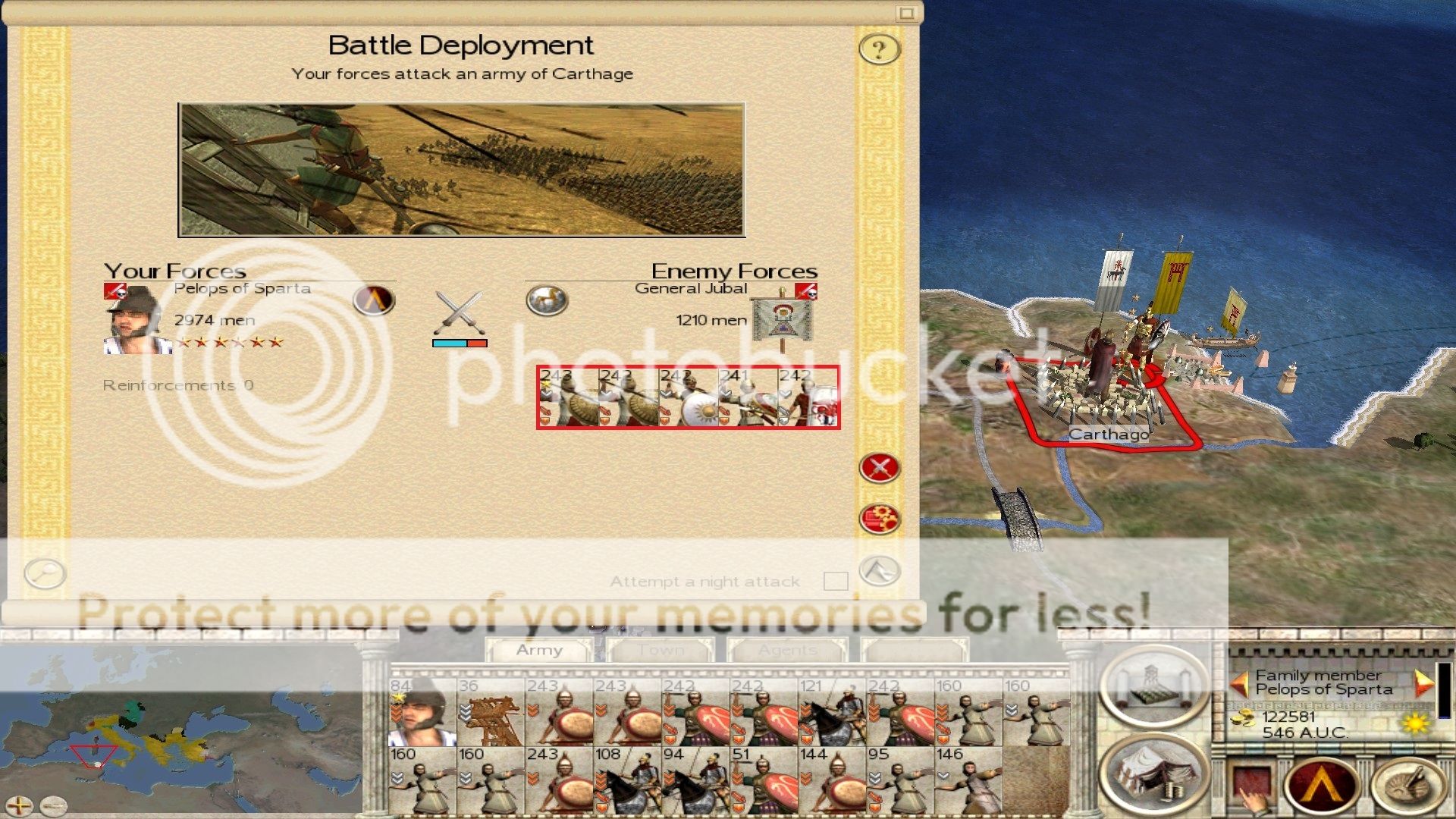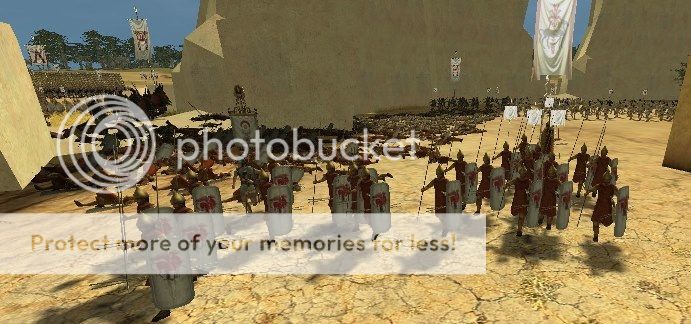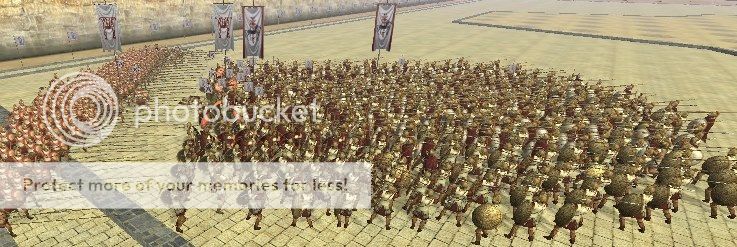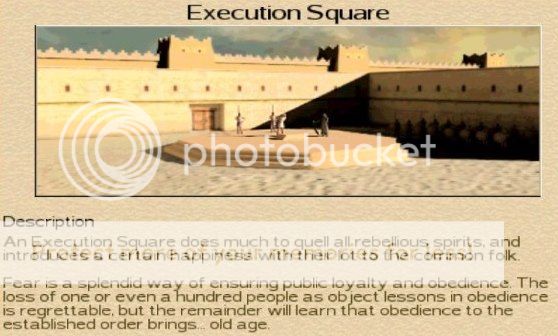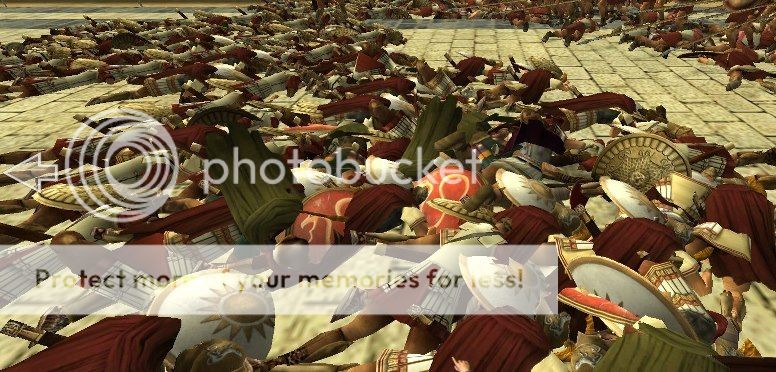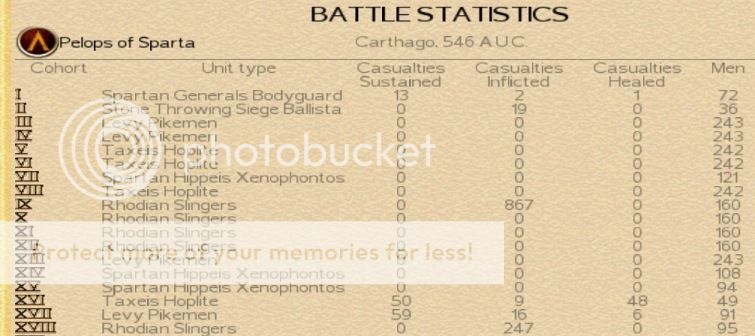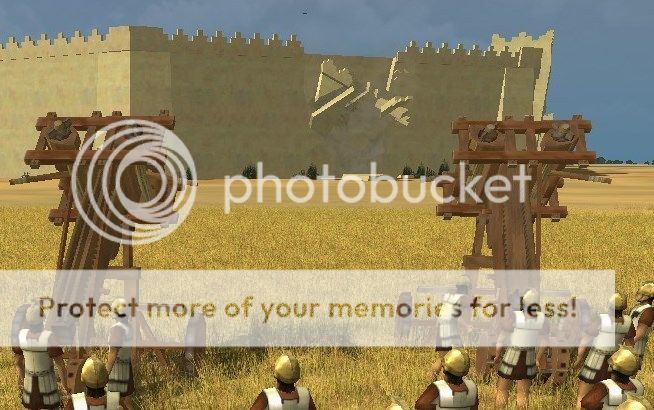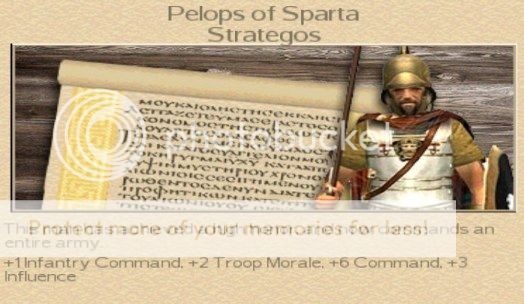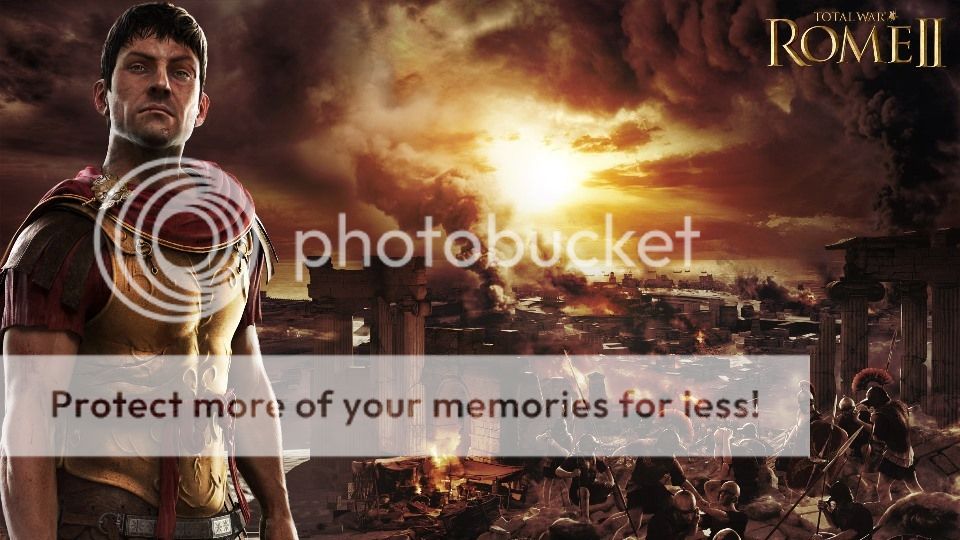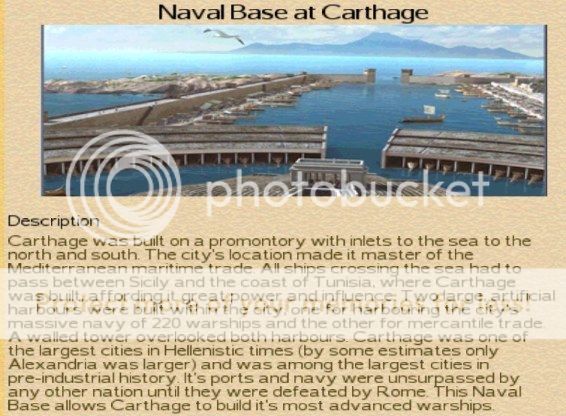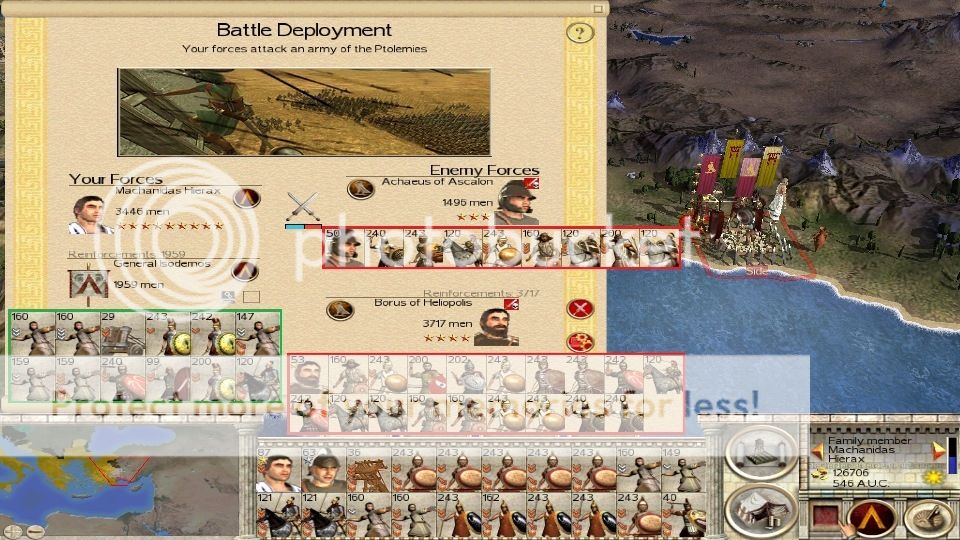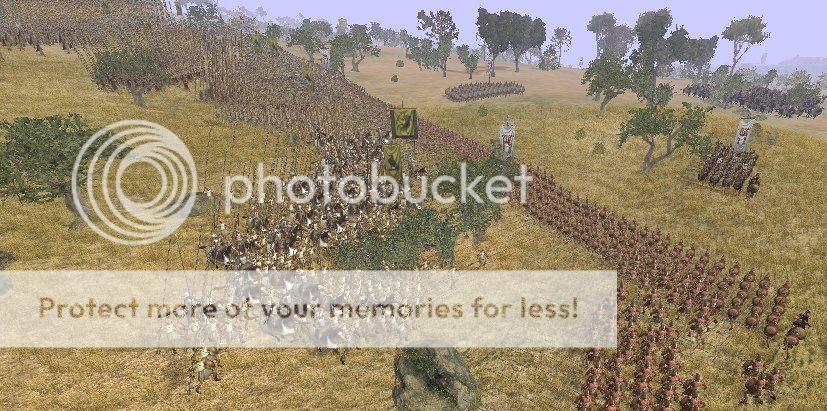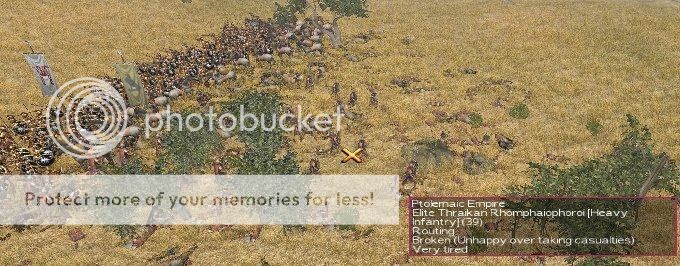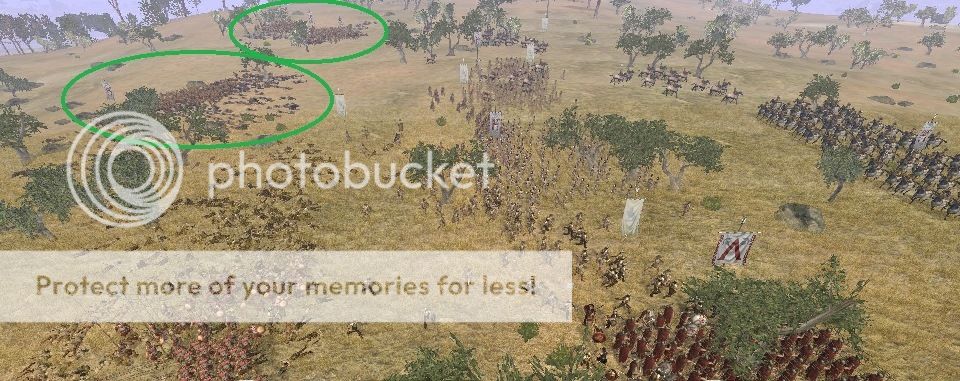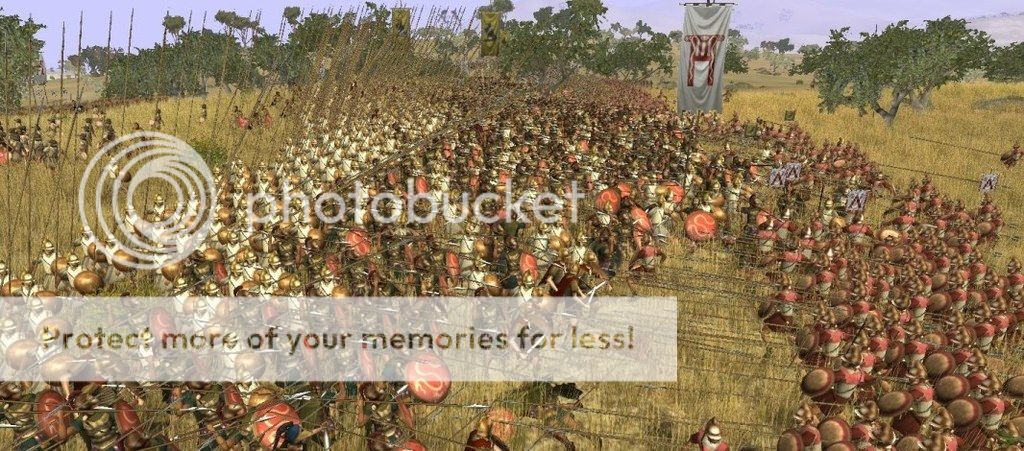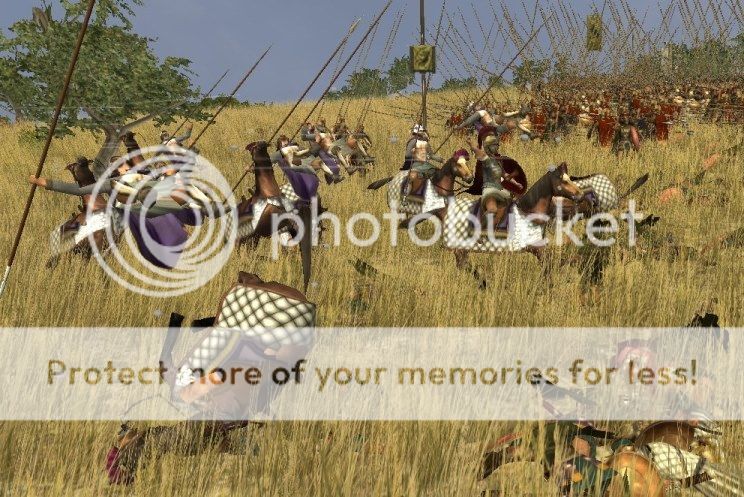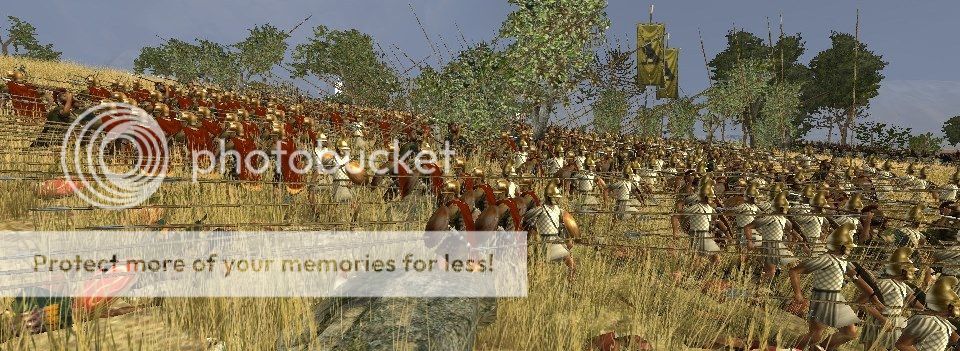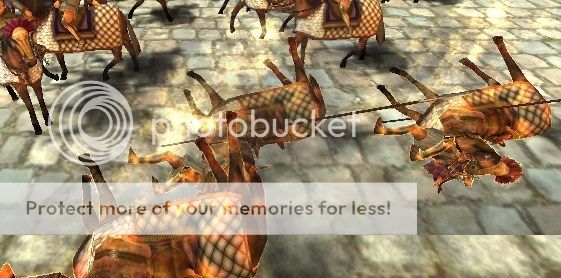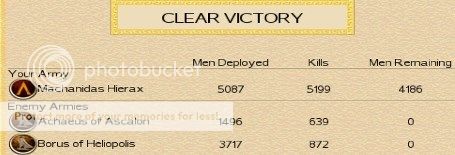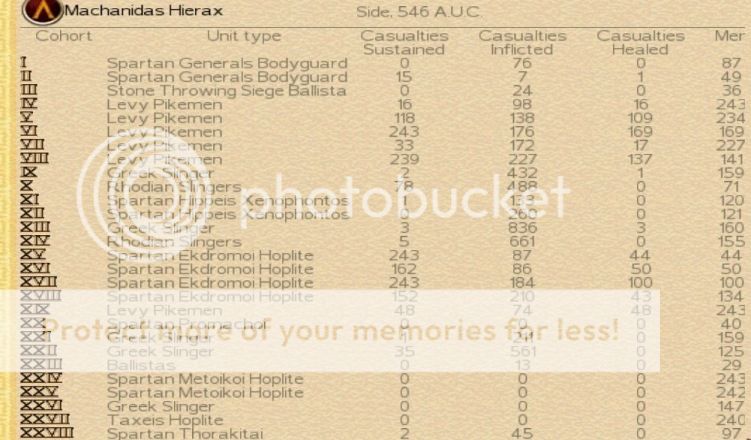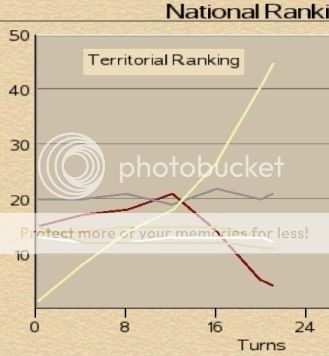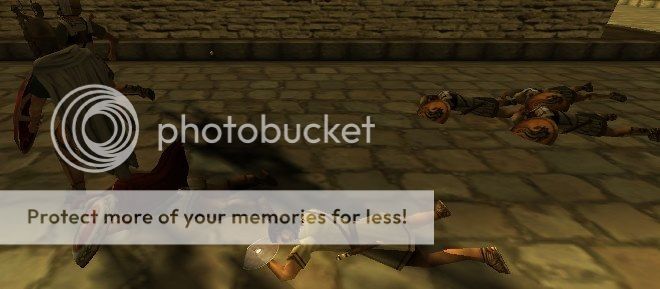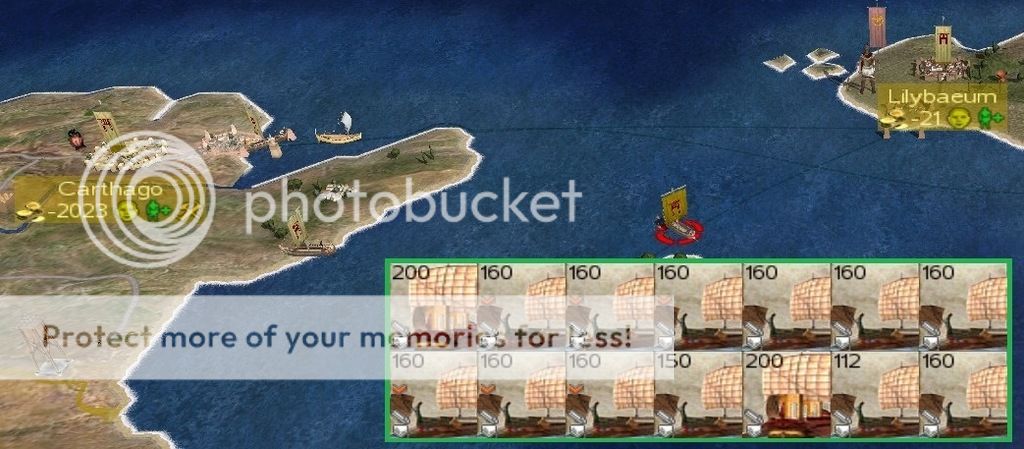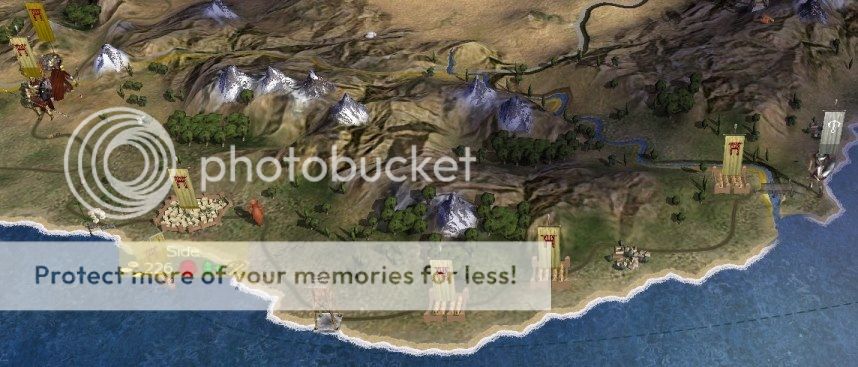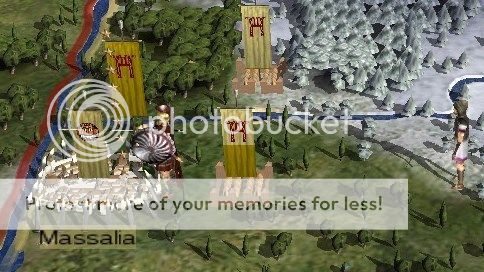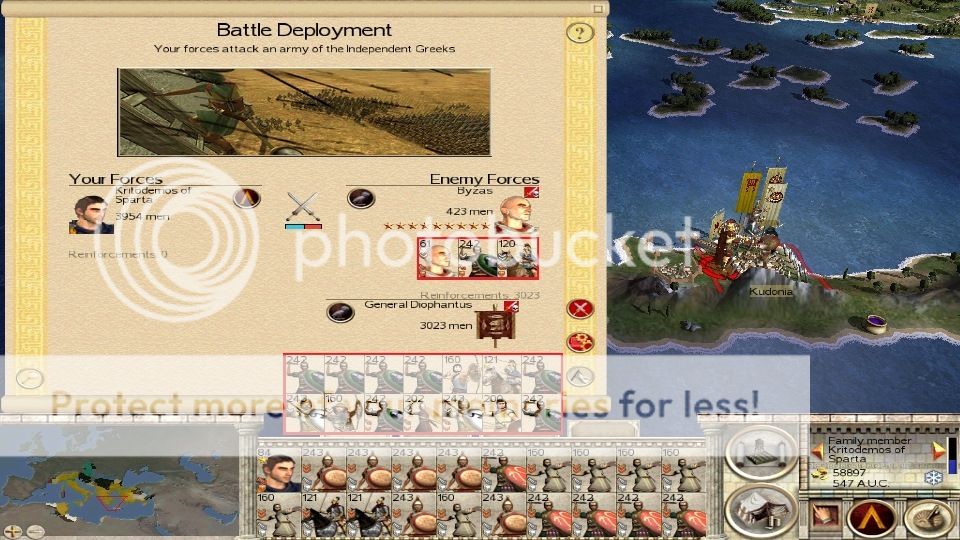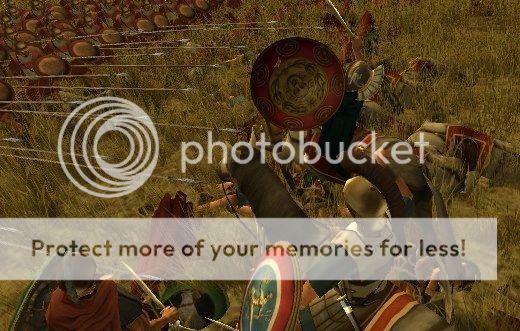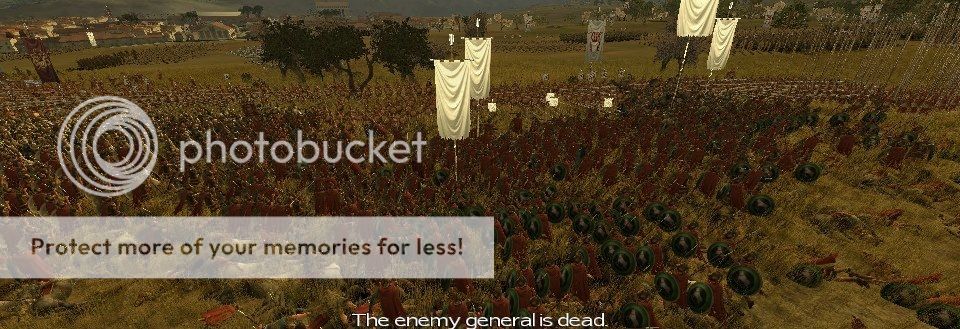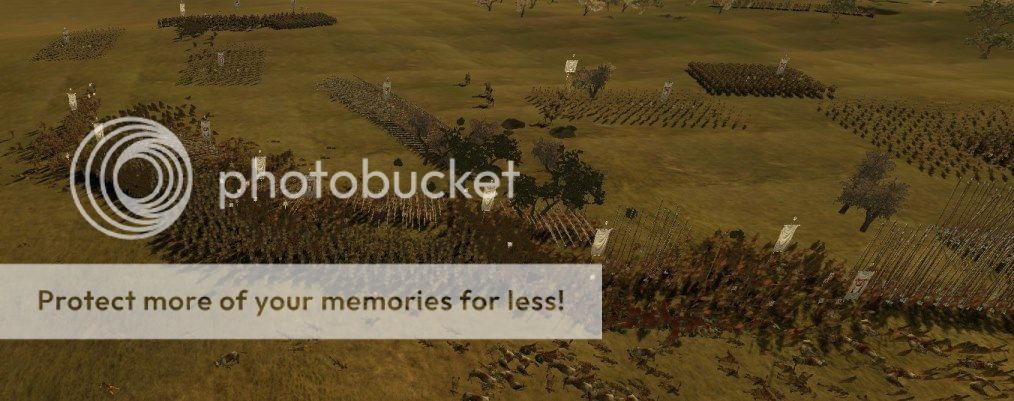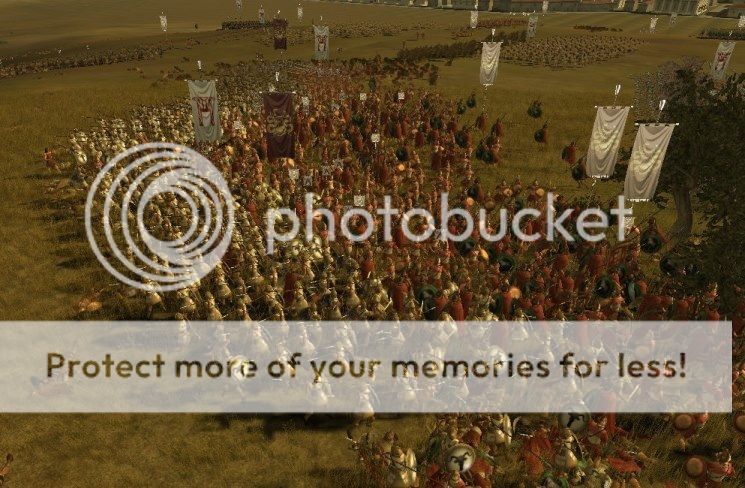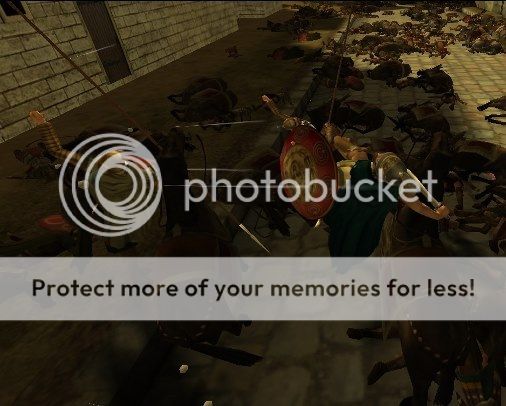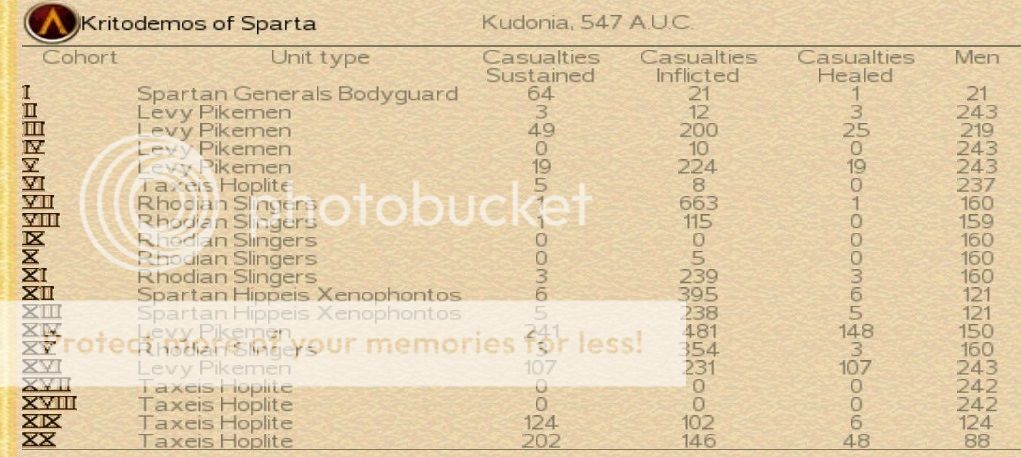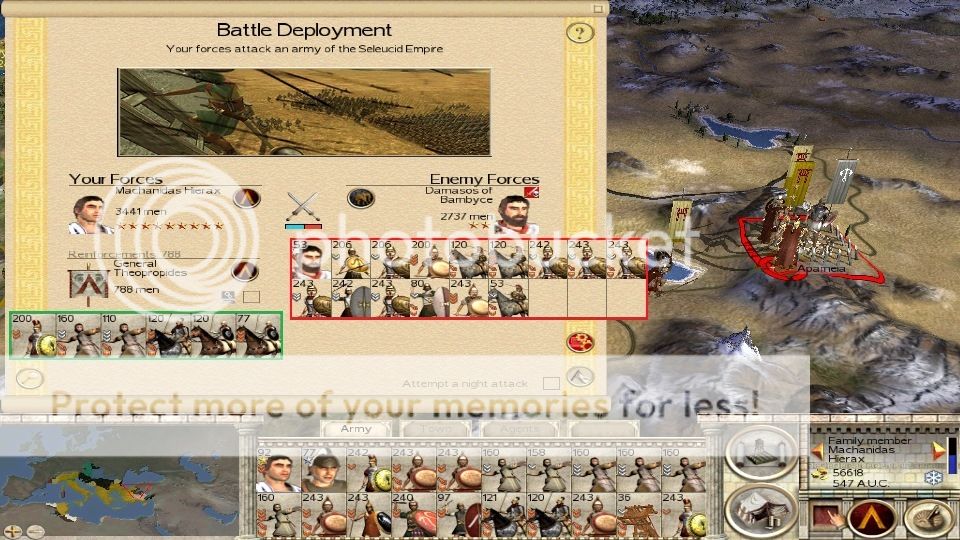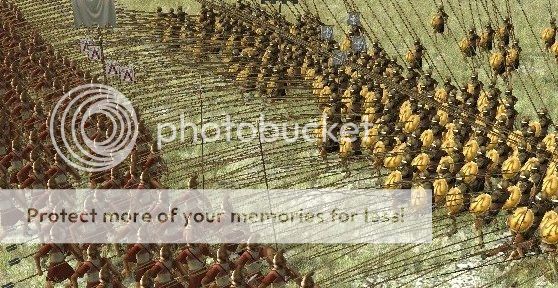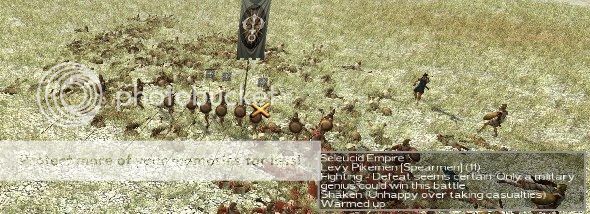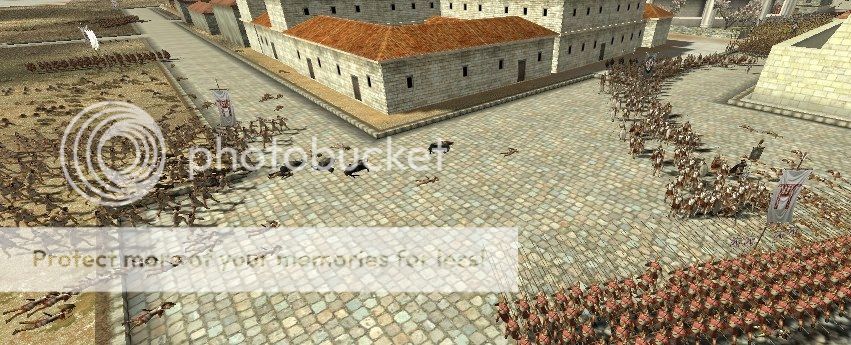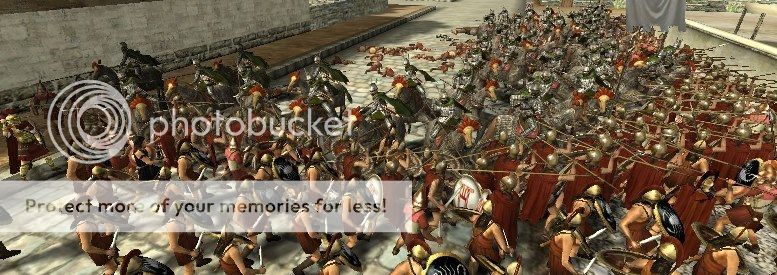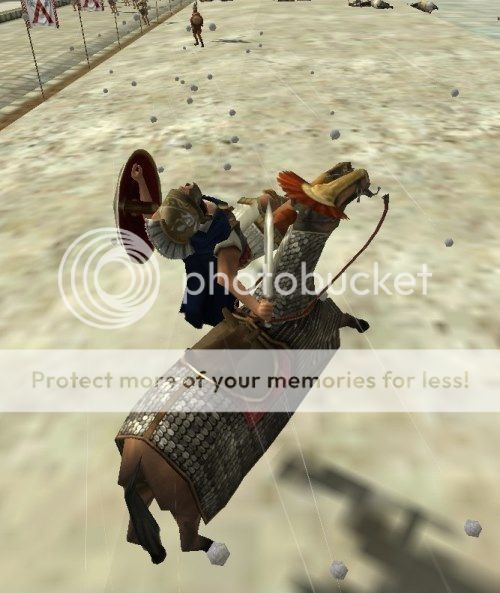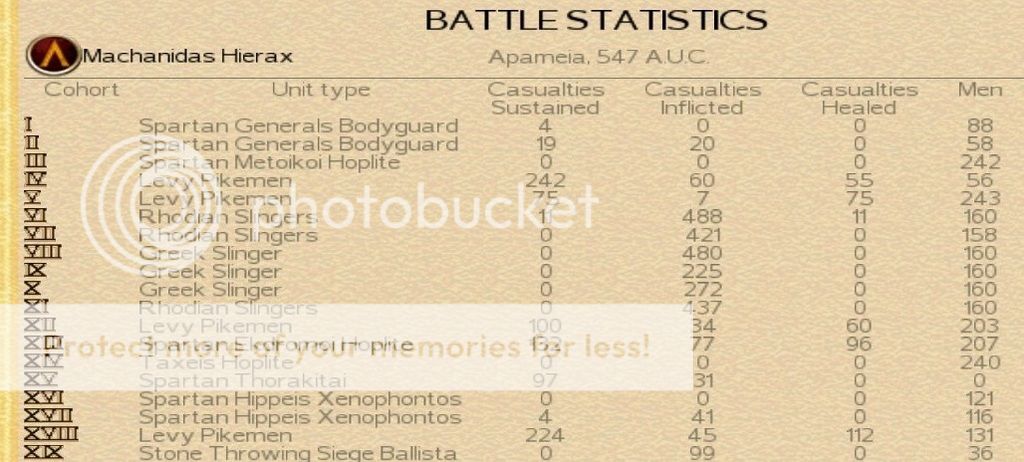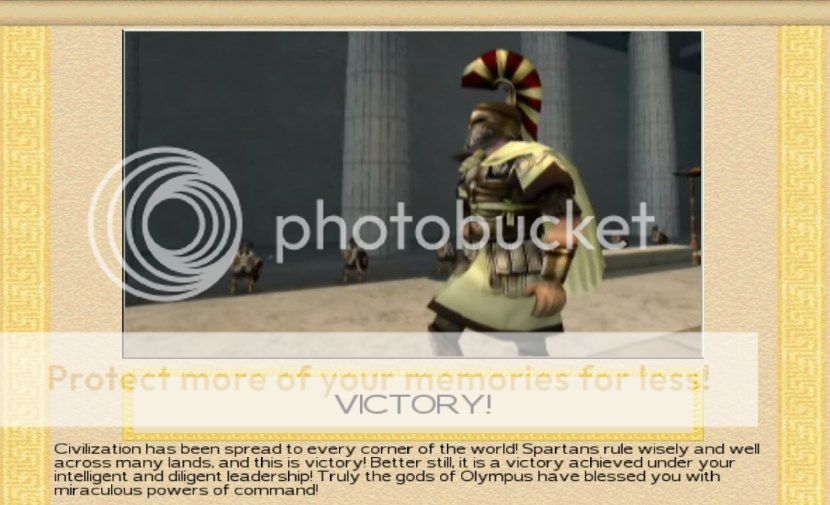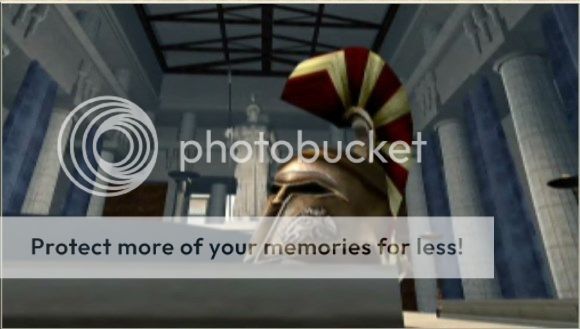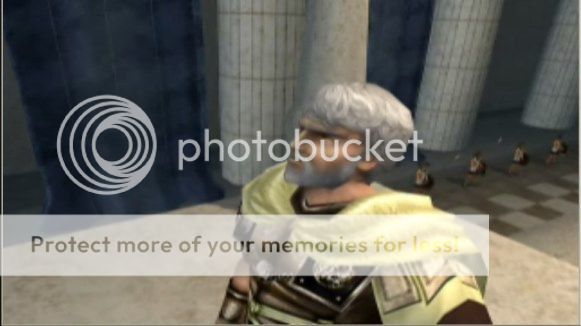Spoiler for Chapter 55:Chapter 55: Worth A Shot
One of the changes in the Spartans' approach to warfare was massed missile attack for a simple reason. Many soldiers could engage the enemy at once if they were capable of doing so from range, rather than from a spear's length.
After experimenting with archery, and having first spent much on raising the new phalangite forces, expensive Cretan mercenaries were both unfeasible and ineffective.
So they turned to a famous weapon said to have an amazing "one headshot one kill" legend... well the reality wasn't nearly as glamorous, but the sling was a functional weapon. Ammo was cheap as well, or so we thought at the time...
The decisive battle against the forces of Pergamon showcased the two-pronged use of slingers in the Spartan forces. First the invisible "support" slinger...
The Romans adore their pila, various Barbaroi have their soliferrum and gaesum. Many Greeks have also taken up javelins and small spears (like the Romans with their little swords, bah). However pikemen can hardly use any of these weapons.
In order to provide support from the safety of a wall of pikes, a long-range slinger is quite capable. For various reasons, a hail of shot coming from far behind Spartan lines and raining down onto the enemy reserves and such (these are hardly aimed) is incredibly demoralizing.
During a siege proper, ammunition tends to run out as every stone around is soon sent over the walls, giving the enemy enough material to make themselves a defensive wall of pebbles and such. Furthermore good stones can be hard to find.
Sadly, attempts at baking clay shot have had mixed results... sometimes it breaks apart too easily on impact, reducing the effect on the target. Well besides for morale perhaps.
The Romans (and others, perhaps) have this odd fear of a sling shot from across the battlefield striking them in the head, penetrating heavy shields or even metal armor like breastplates or their linked-ring shirts.
Certainly it explains why they cower so much when a, frankly pretty harmless, cloud of missiles descends on them. But then where did this fear come from?
Some prominent people have died very prominently to slingers.
King Agesipolis invested in a small company of Rhodian slingers in order to see if they lived up to (their own) tales. They did.
The secret lies, again, in the ammunition. Lead bullet technology. And an accuracy factor that is only beaten by the Balerics, perhaps.
Spoiler for Details: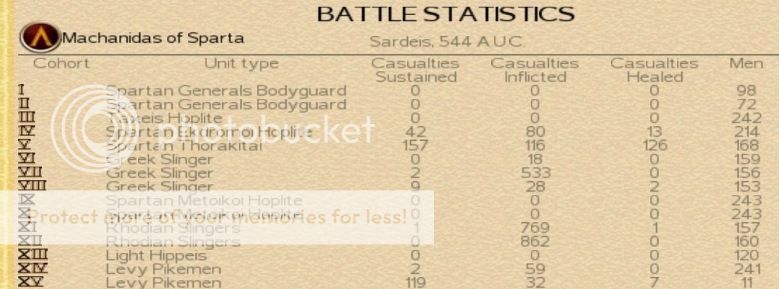
They say the Balerics shoot their bread off wooden stands or something like that.
Well the hardest loaf of bread won't stop a lead bullet from going straight through it like a spear through a toga.
Admittedly, actually shooting through a scutum or metal armor isn't nearly as possible as people think. However, the momentum of a lead bullet can be staggering.
Accuracy is what brings down the big game; a general on his horse or perhaps an elite hoplite officer in the ranks.
One bullet to the back of the head (better yet, if you can hit the neck just below the rim of the helmet can lay a man out if not outright kill them from the shock.
Many deadly (for the enemy) routs have started in such a way.
Of course, getting even a few crack shots to the side or rear of the enemy battle line is probably not enough... and indeed how would we get there anyway?
Next time: Hoplites!





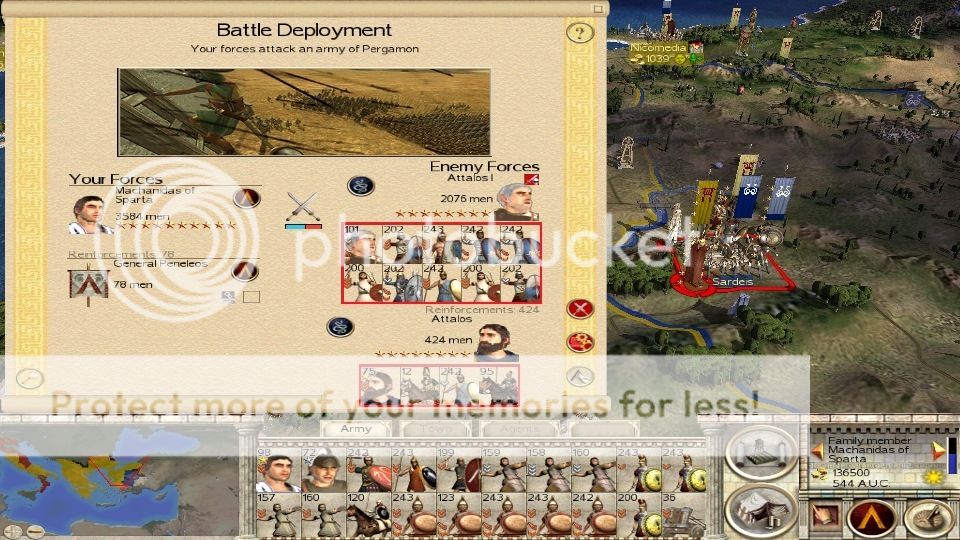
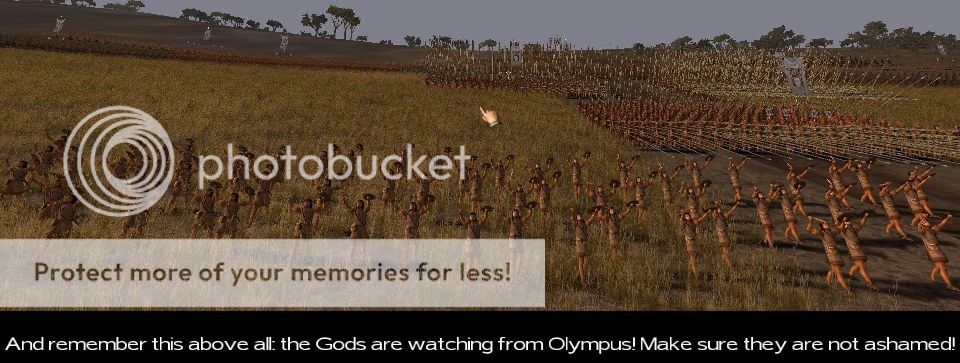
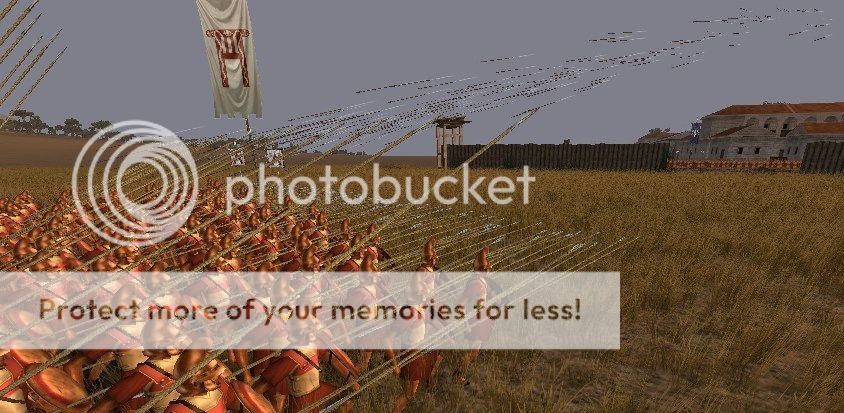

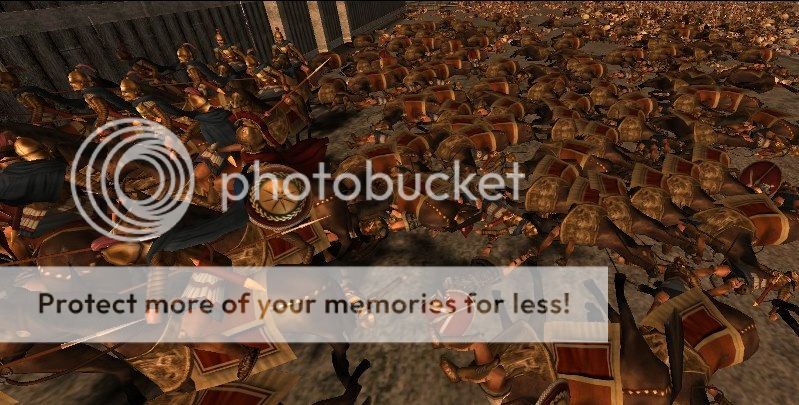


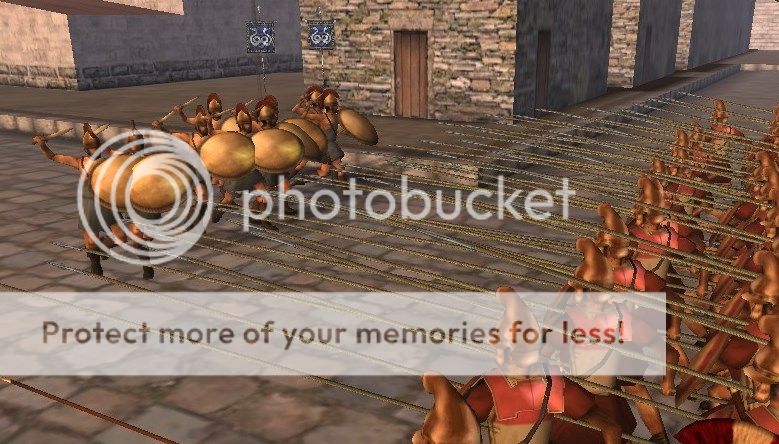

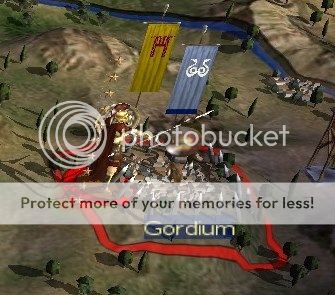
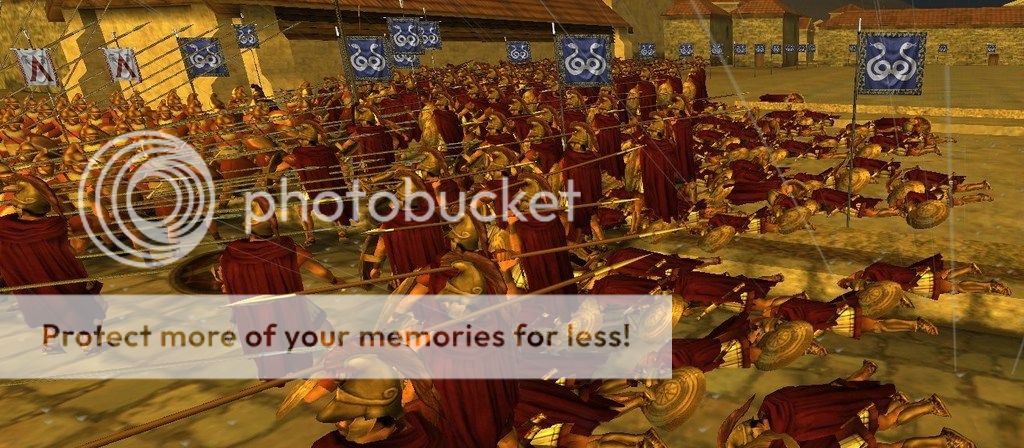


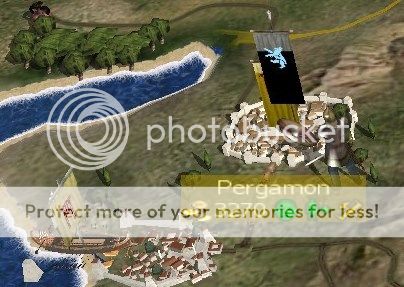

 Reply With Quote
Reply With Quote